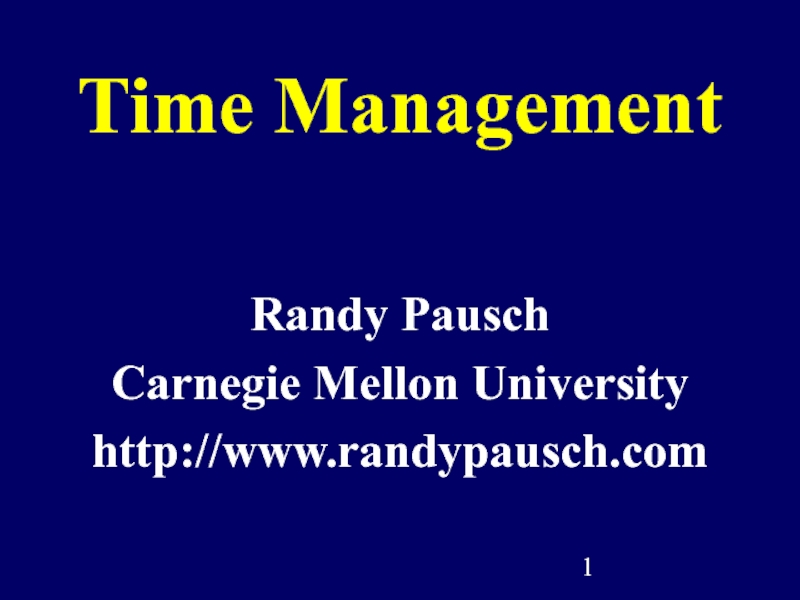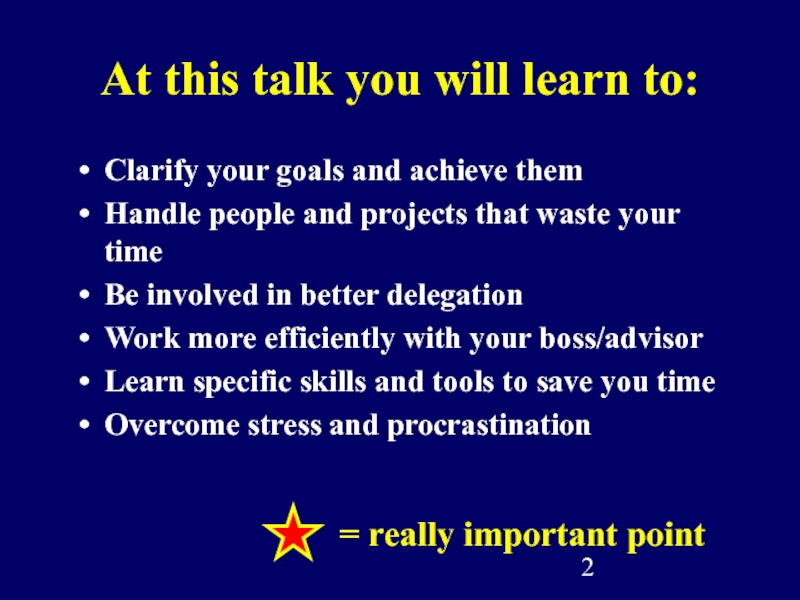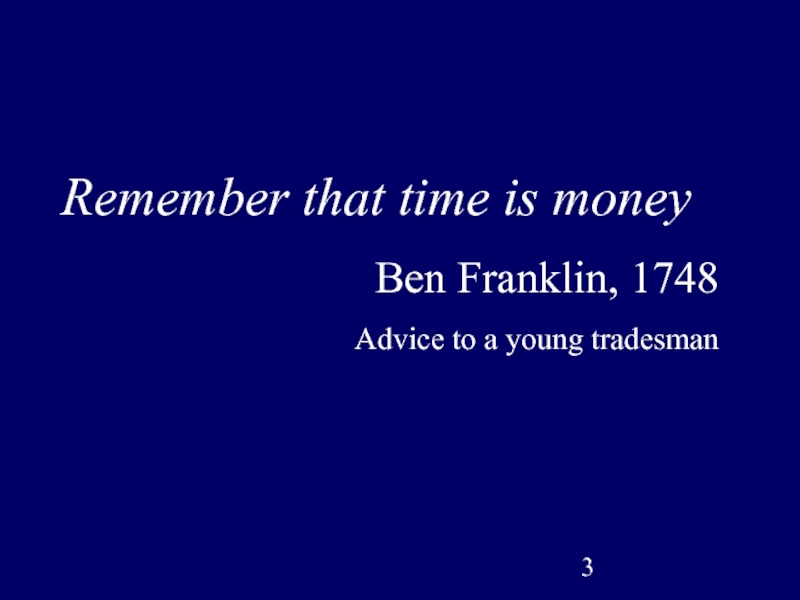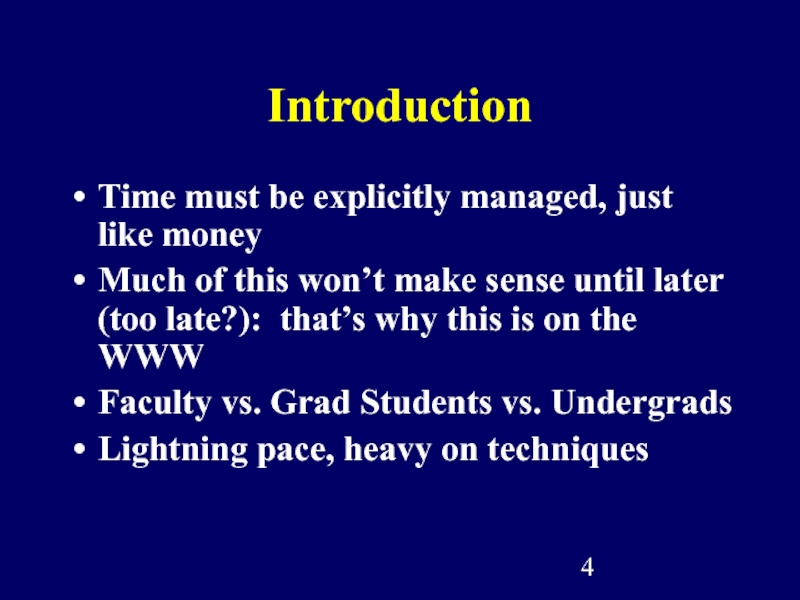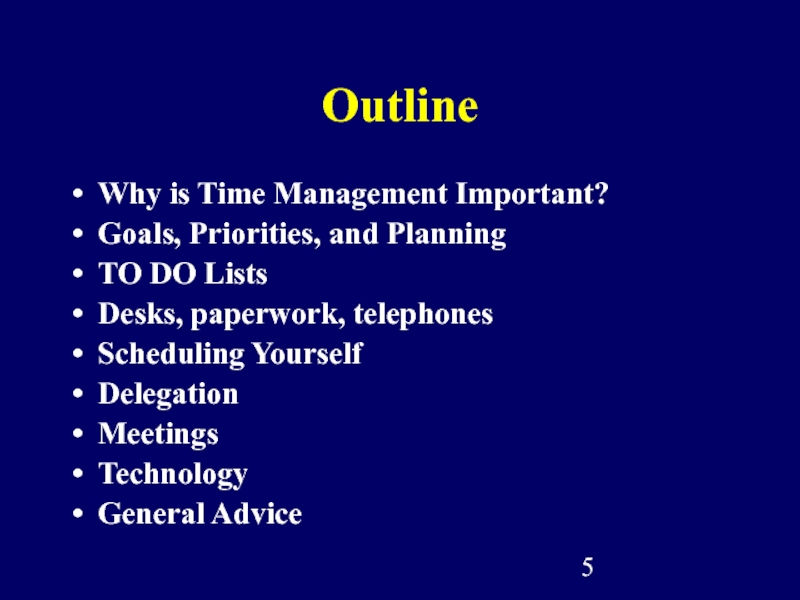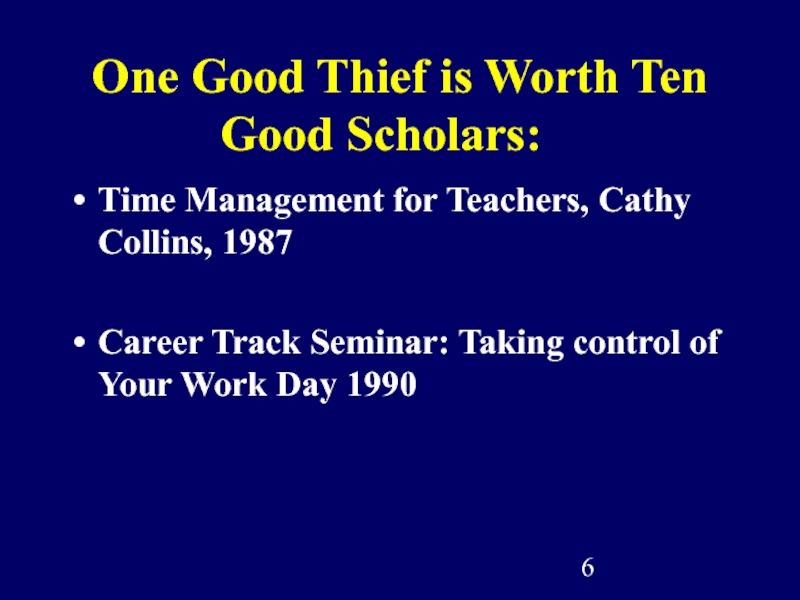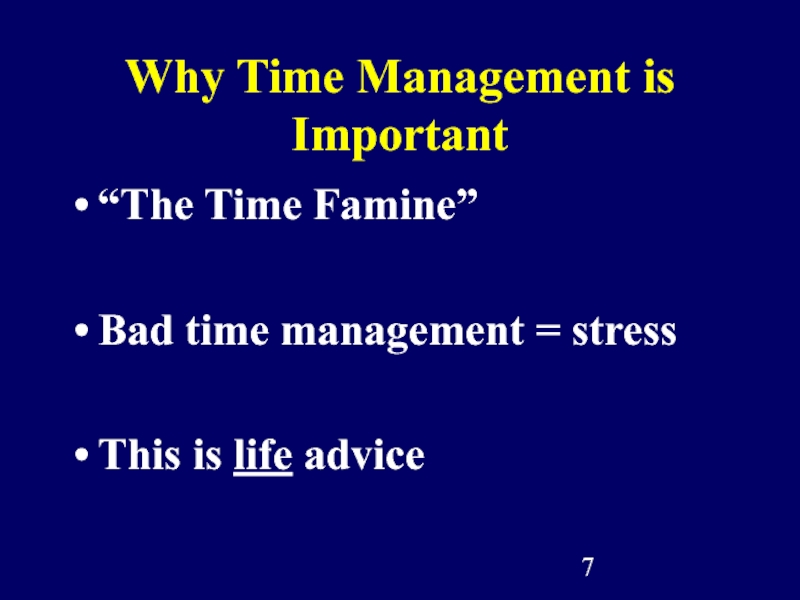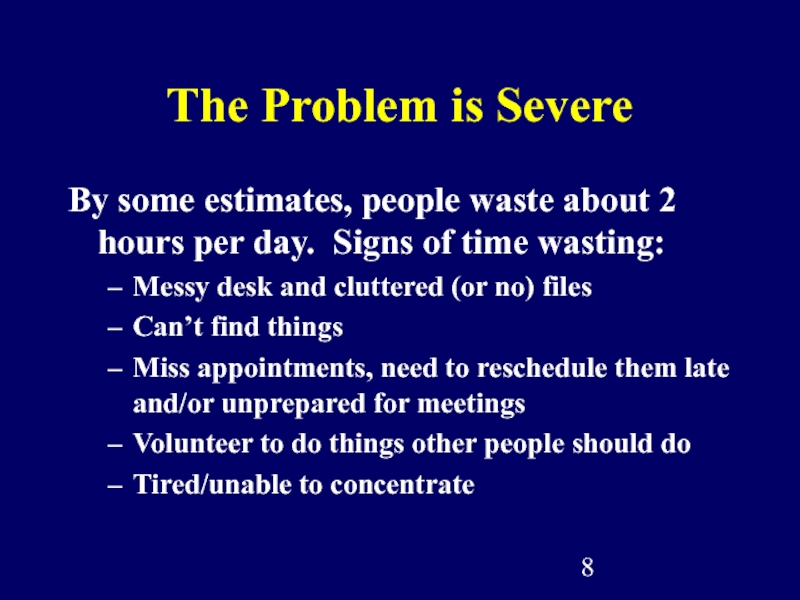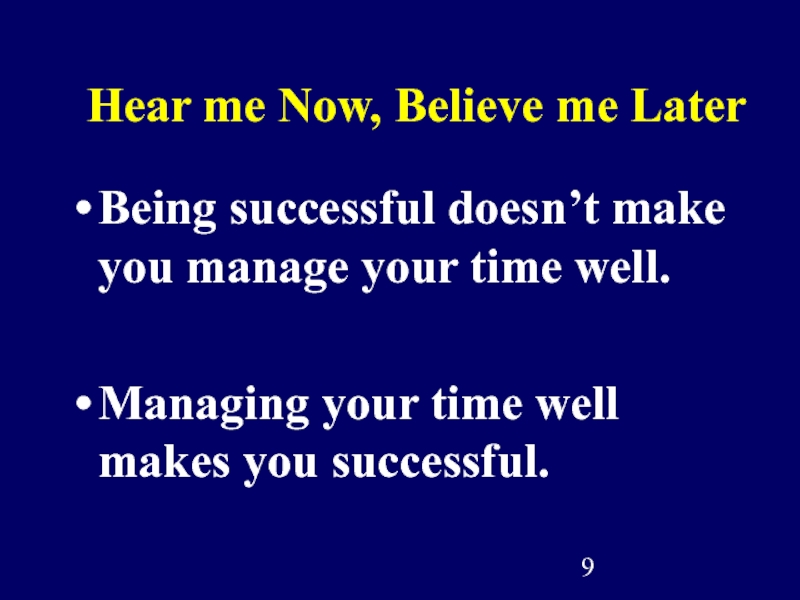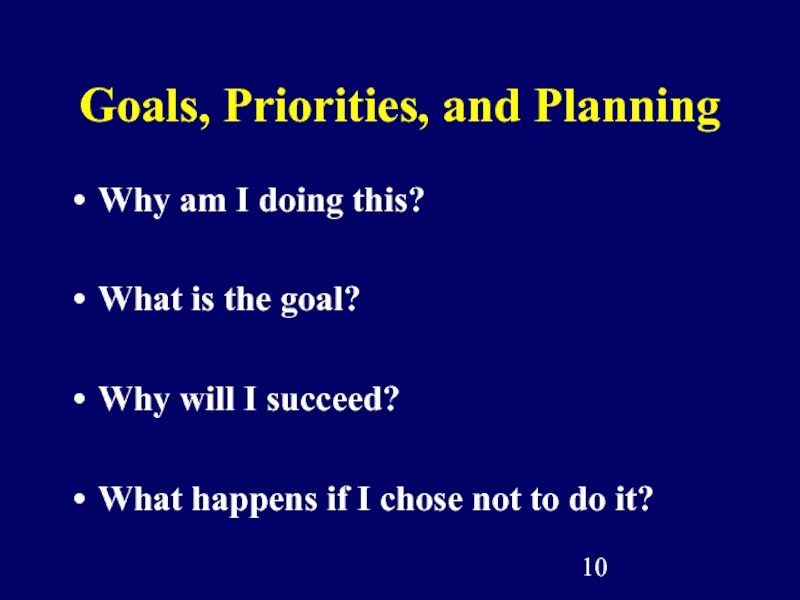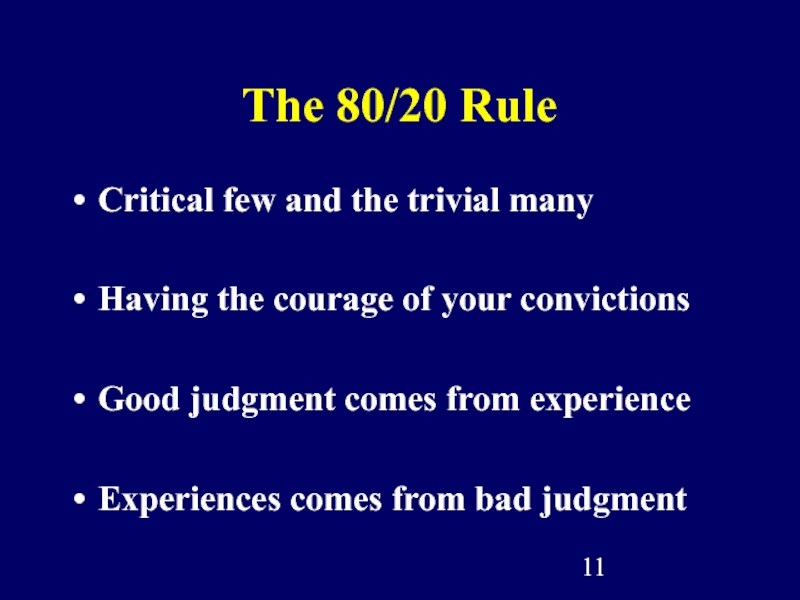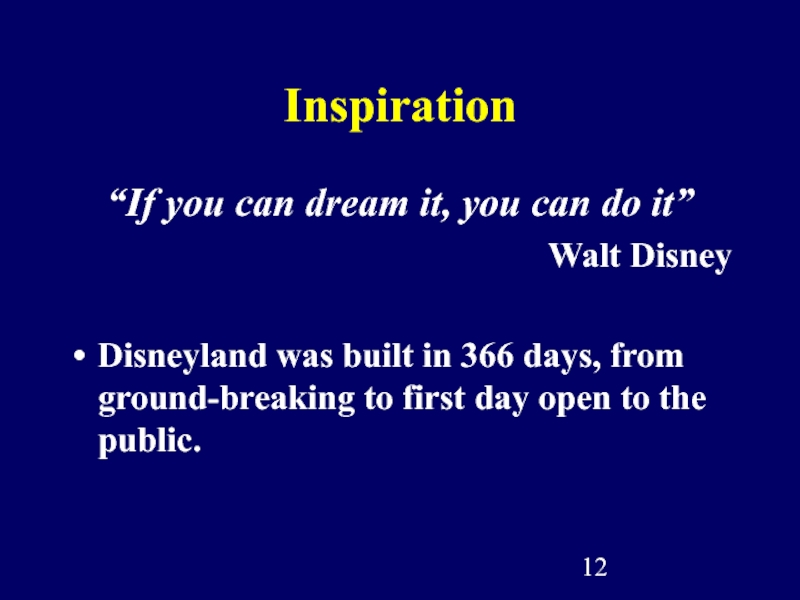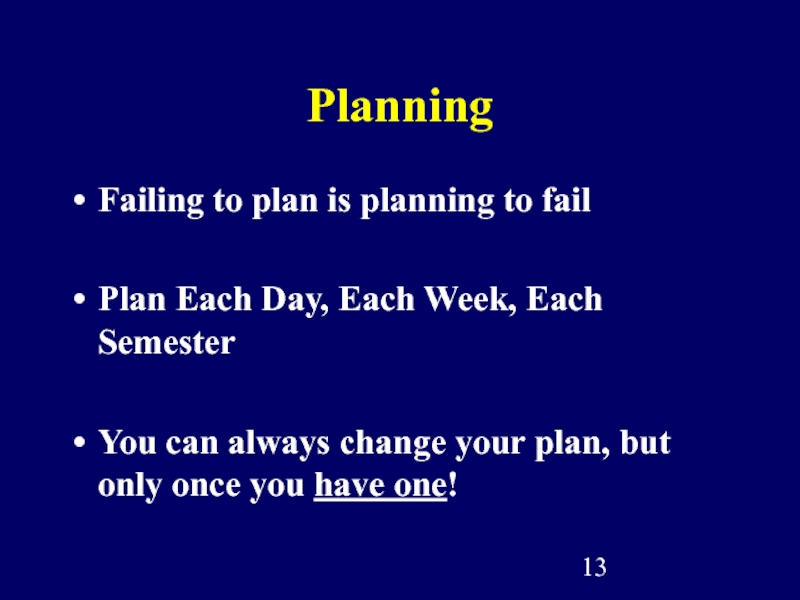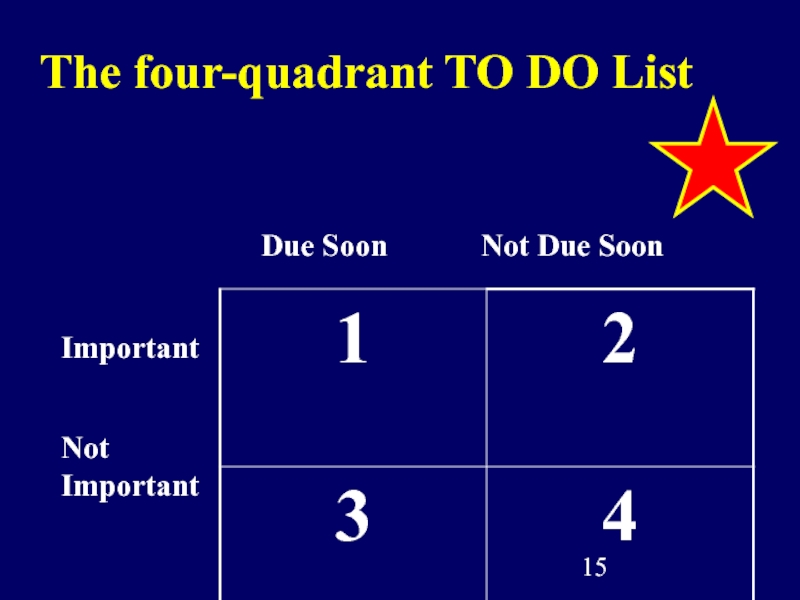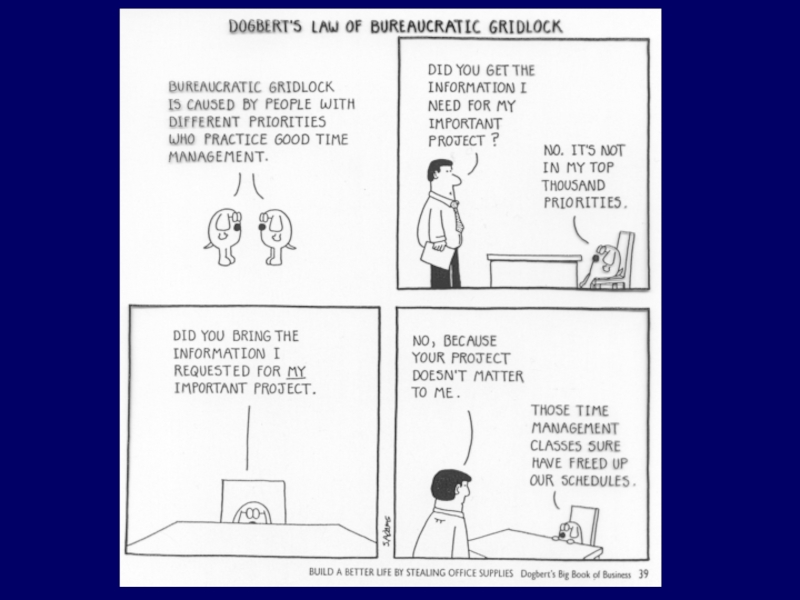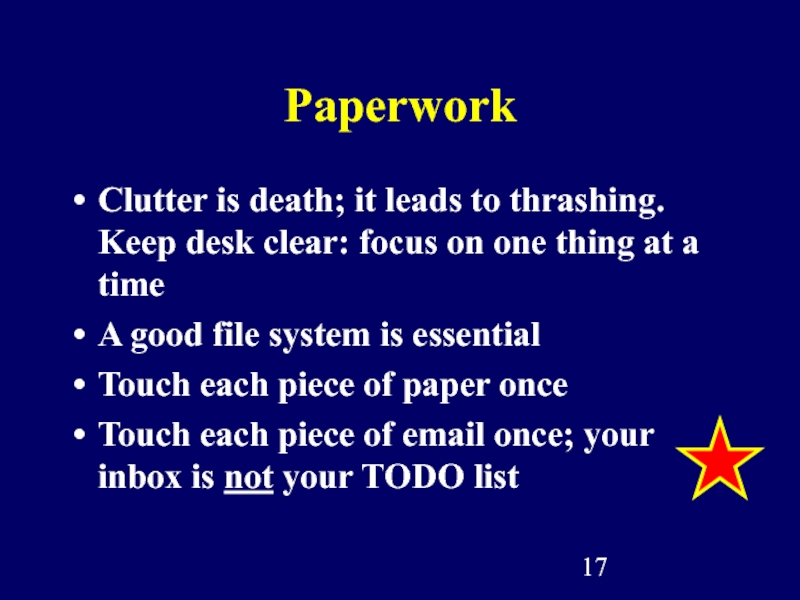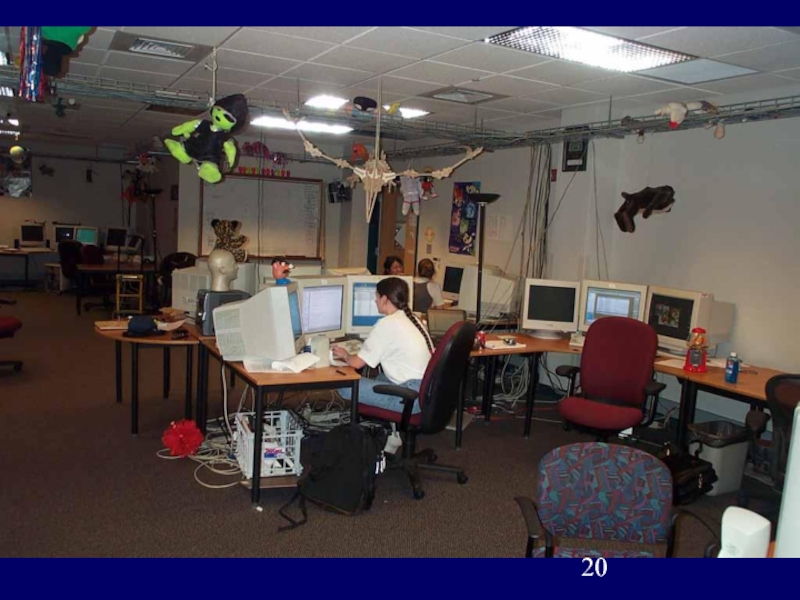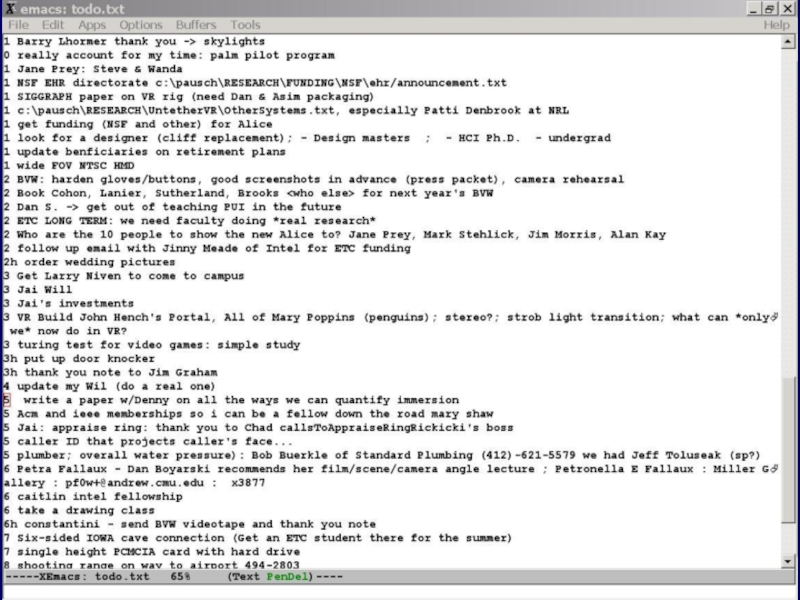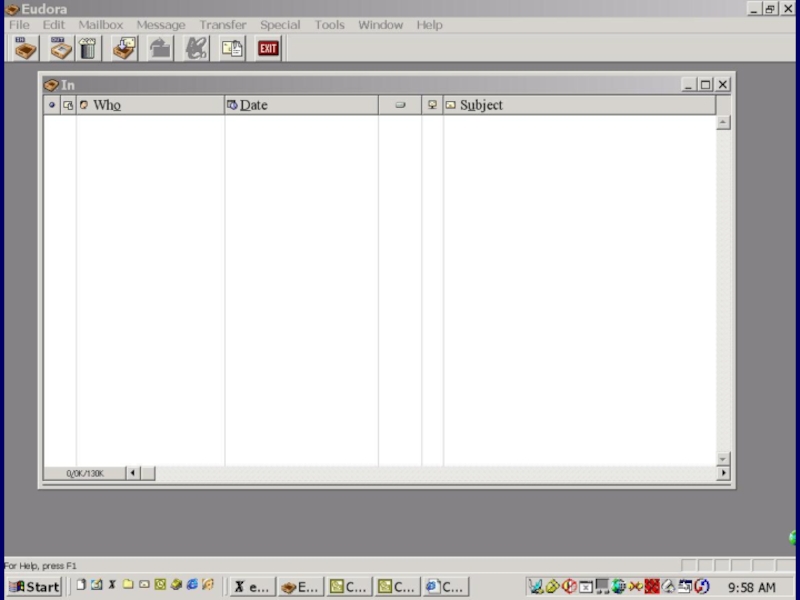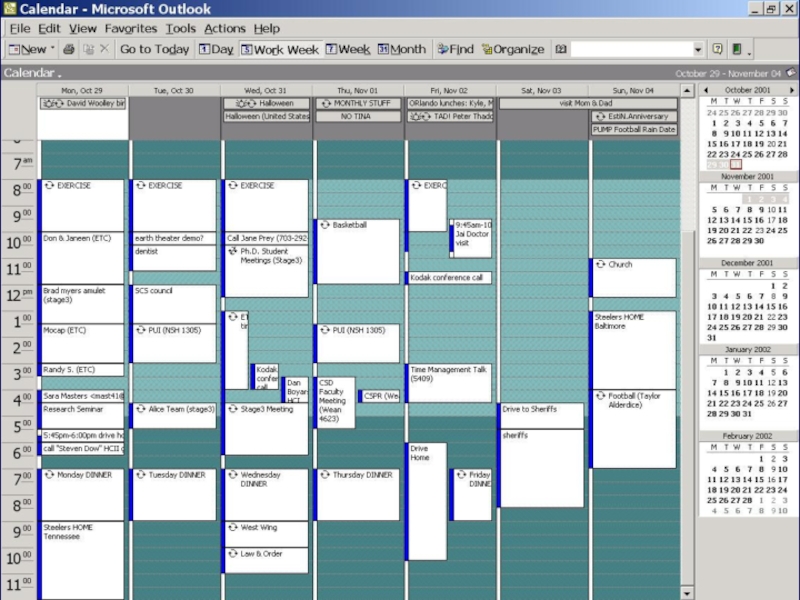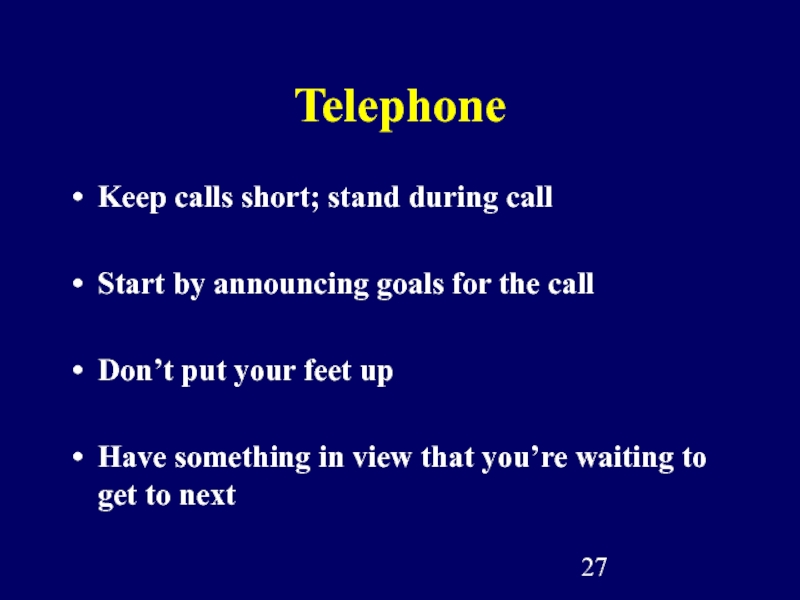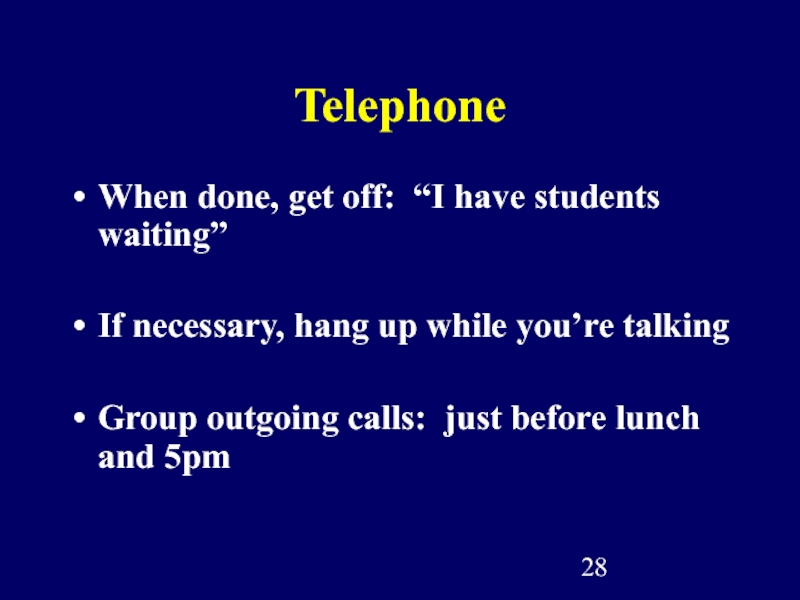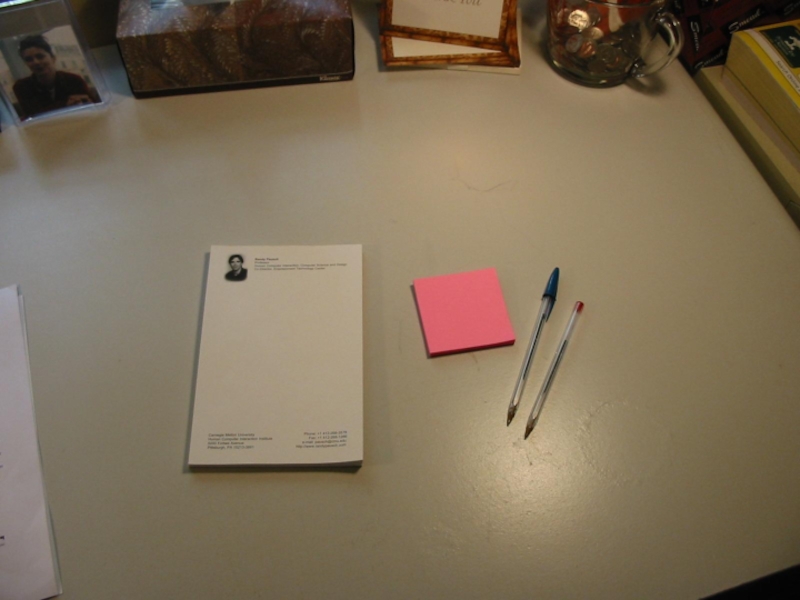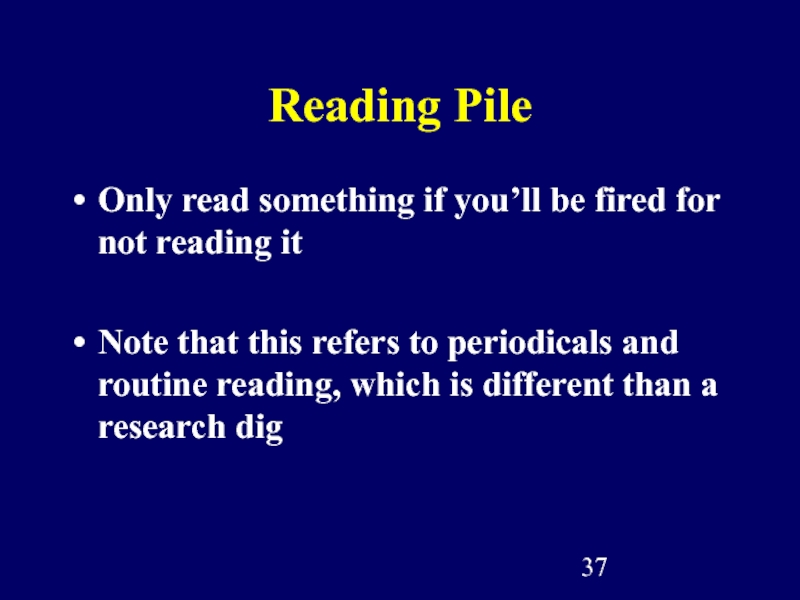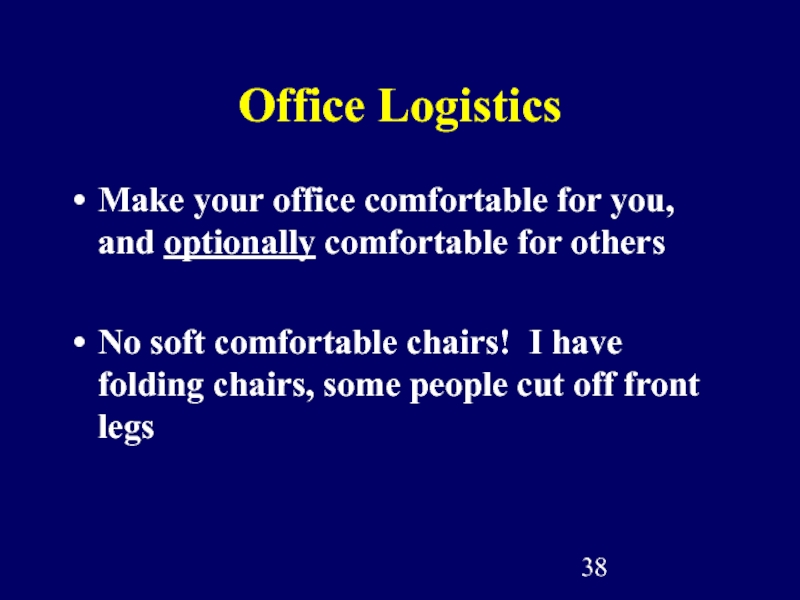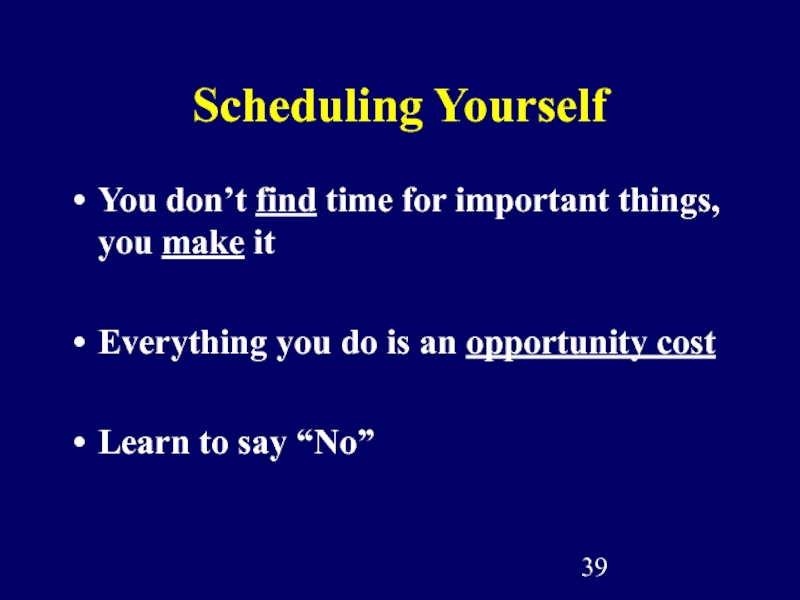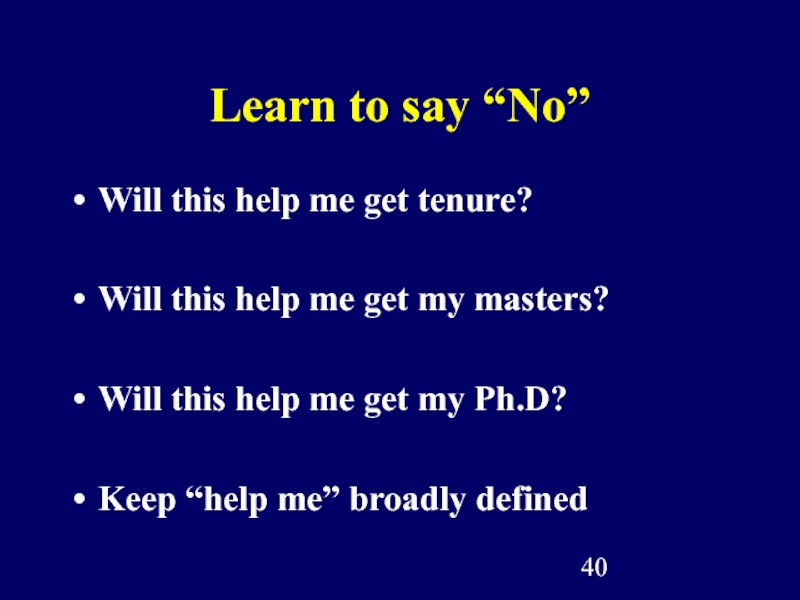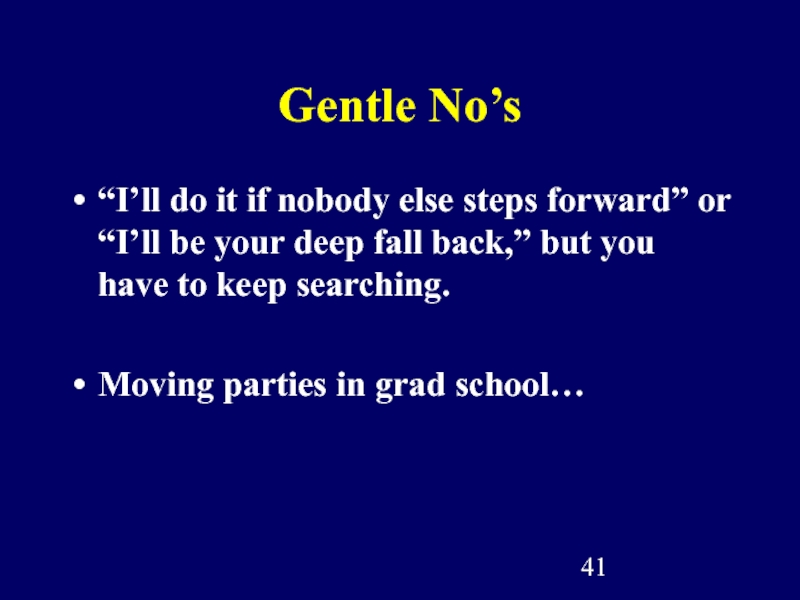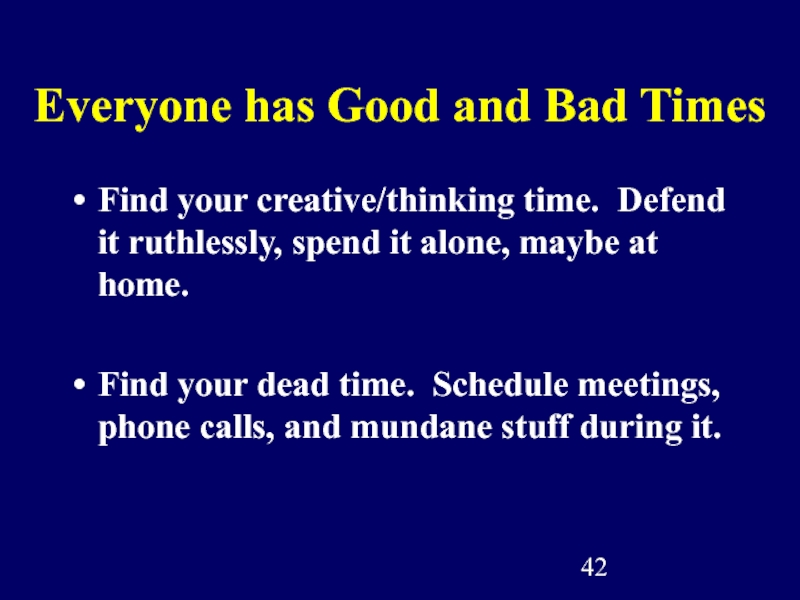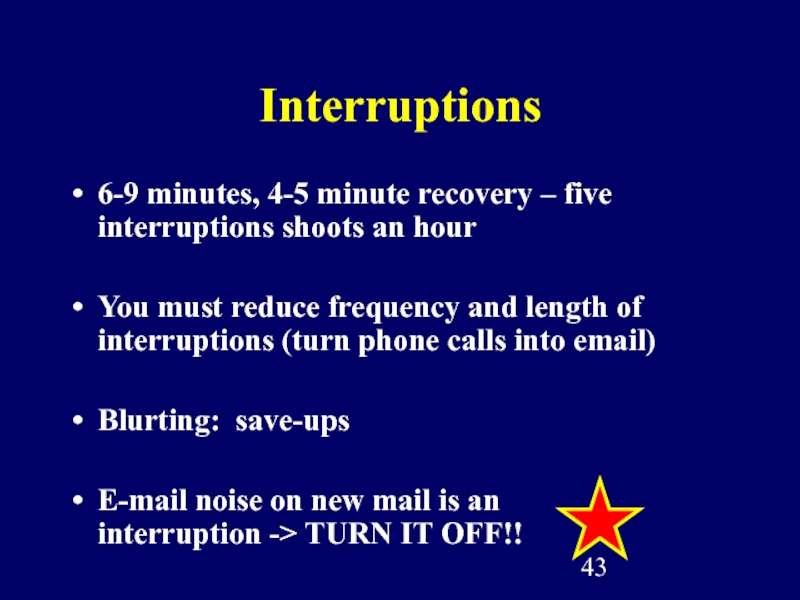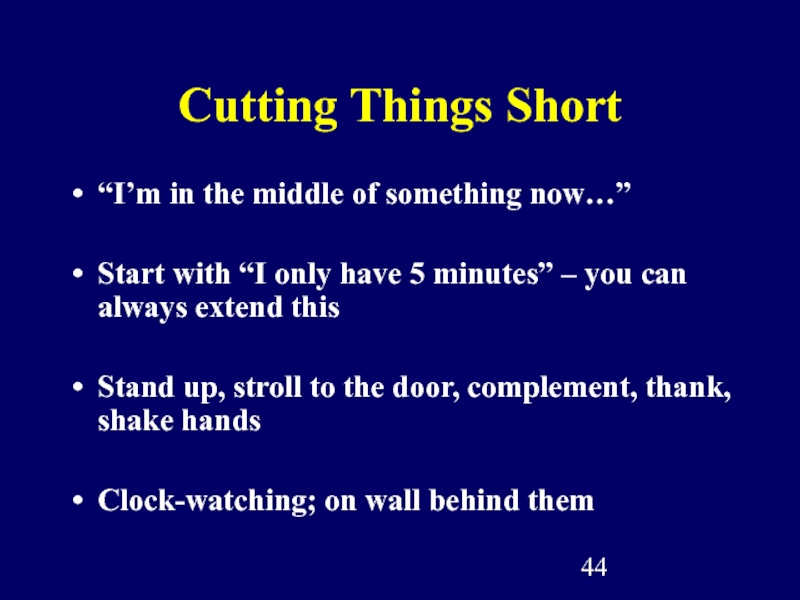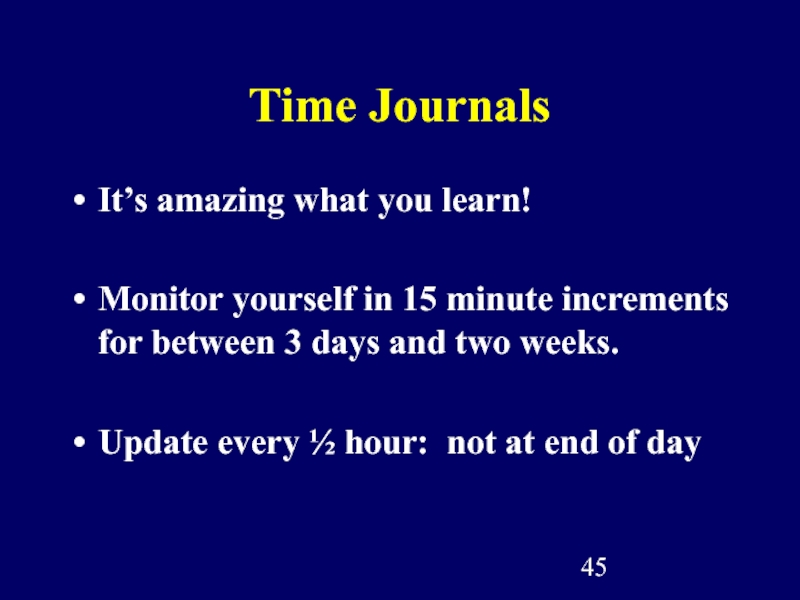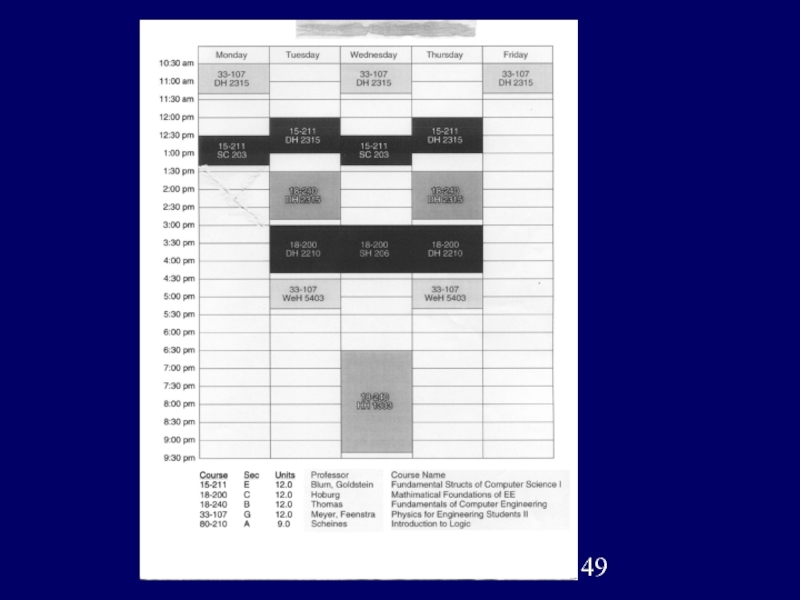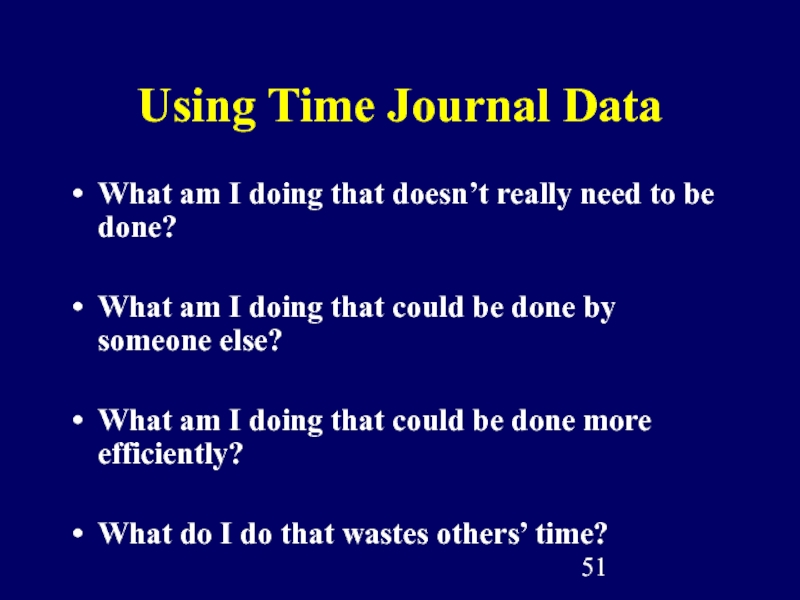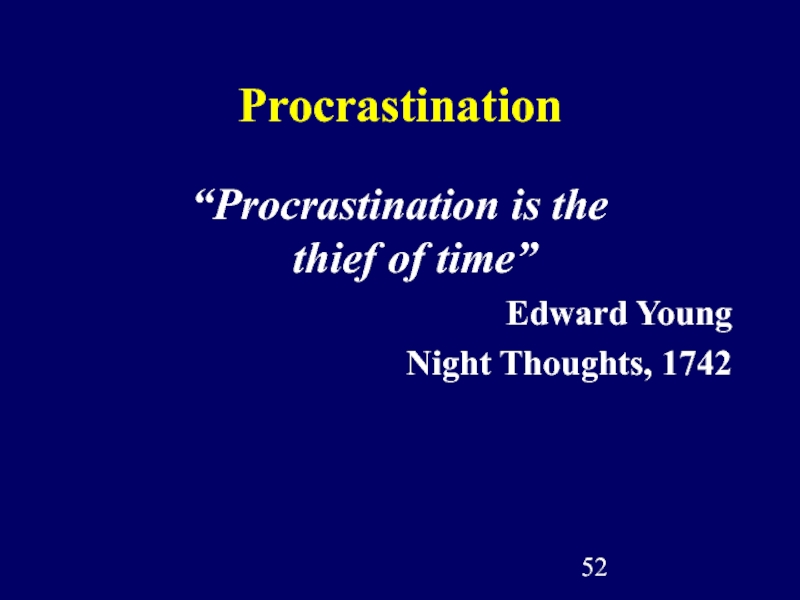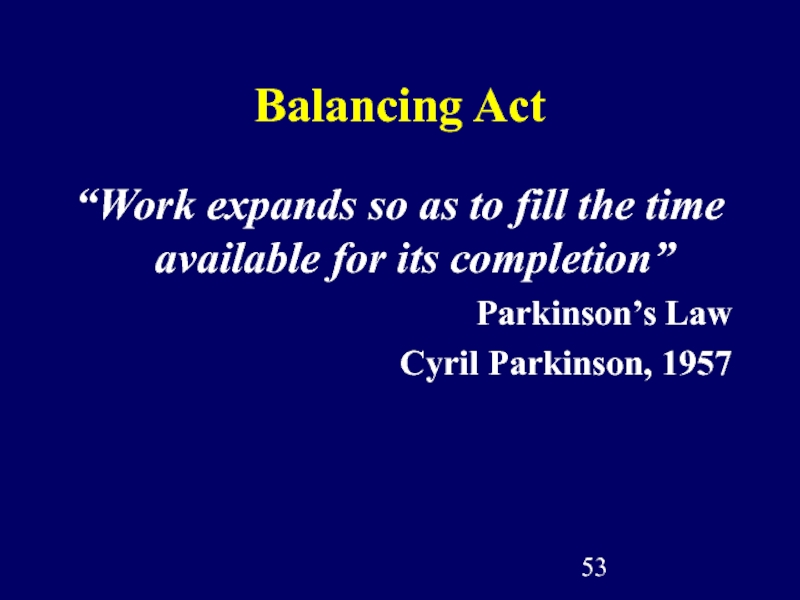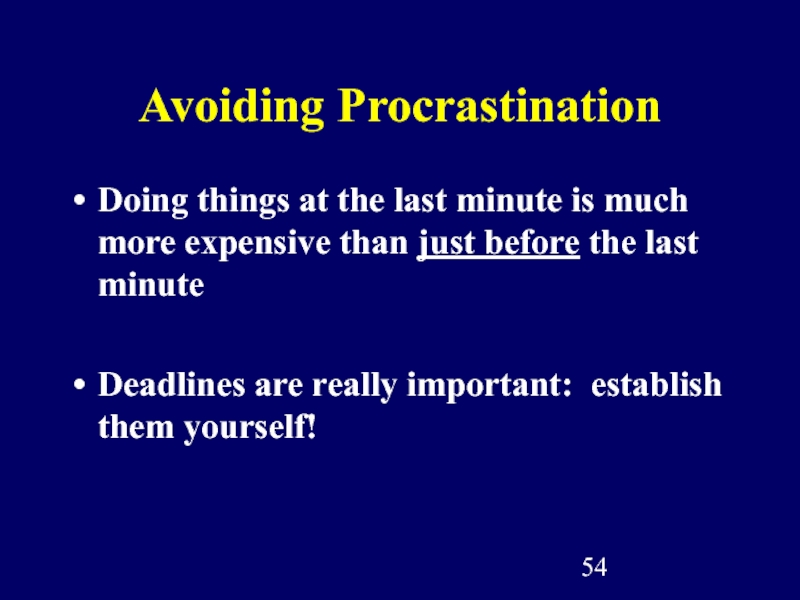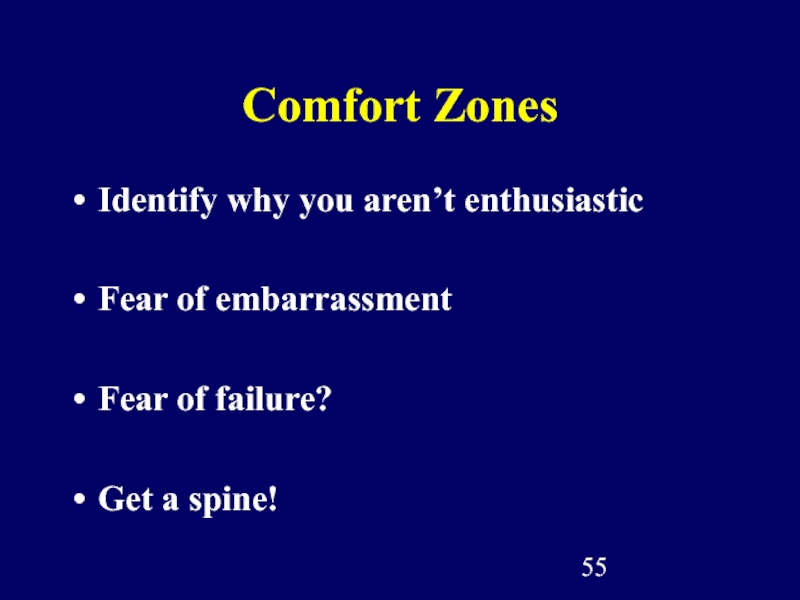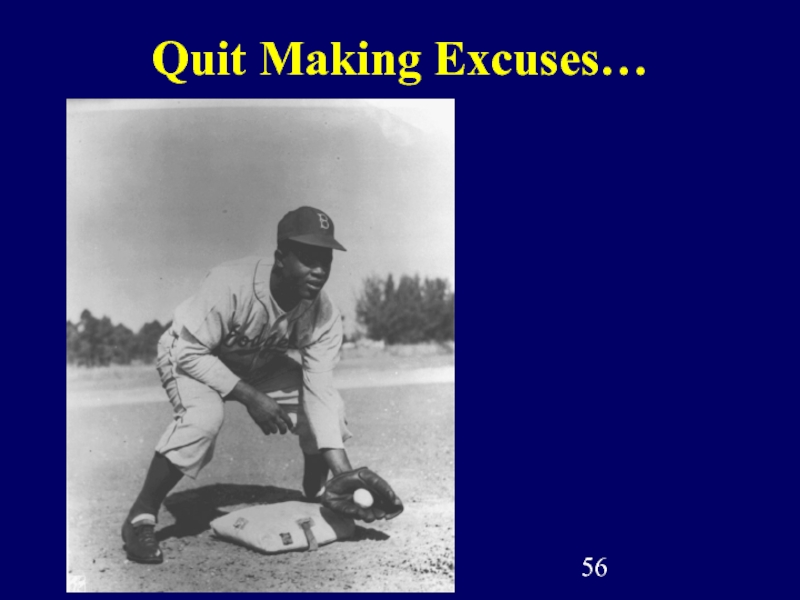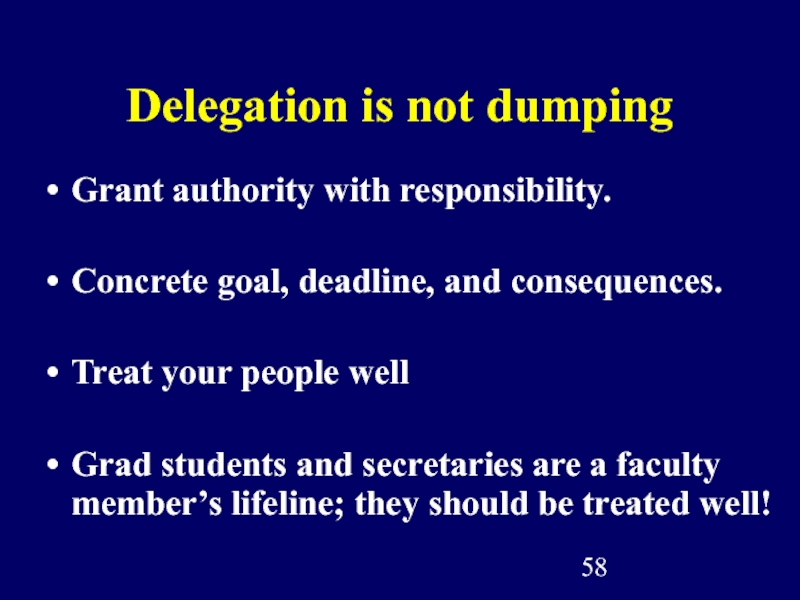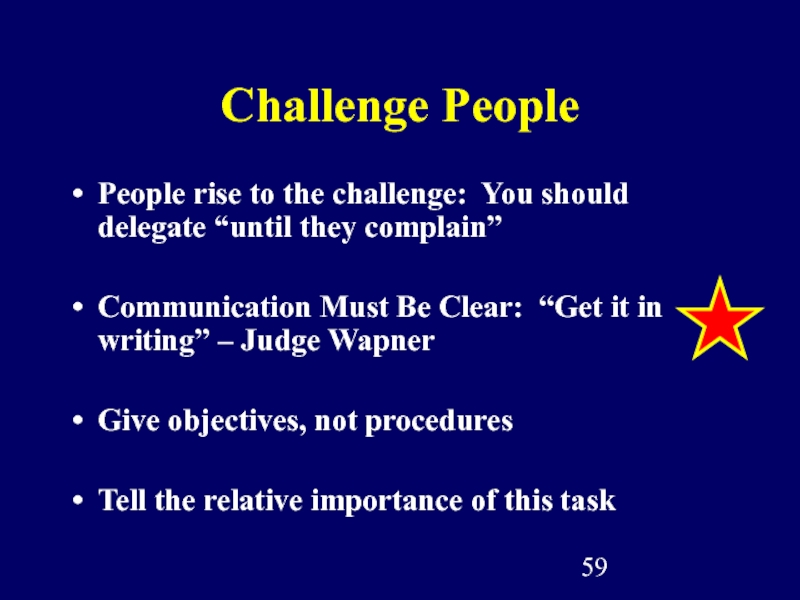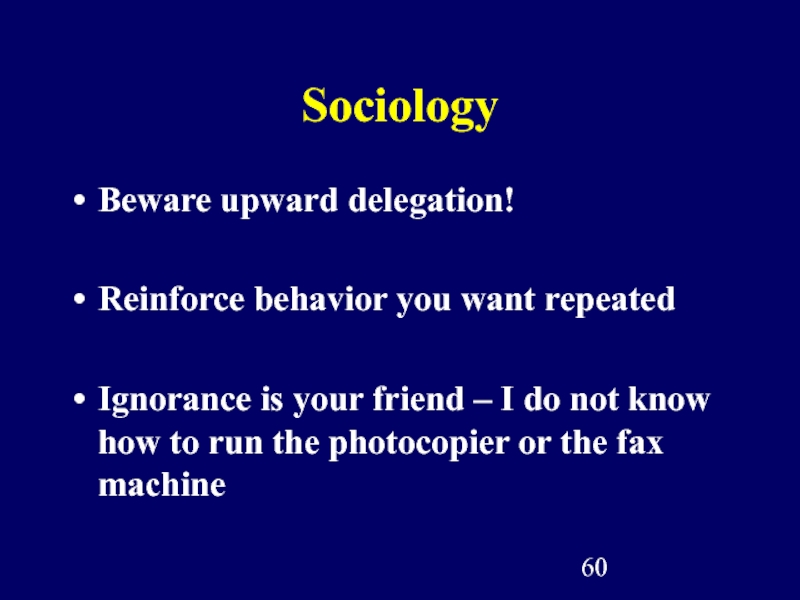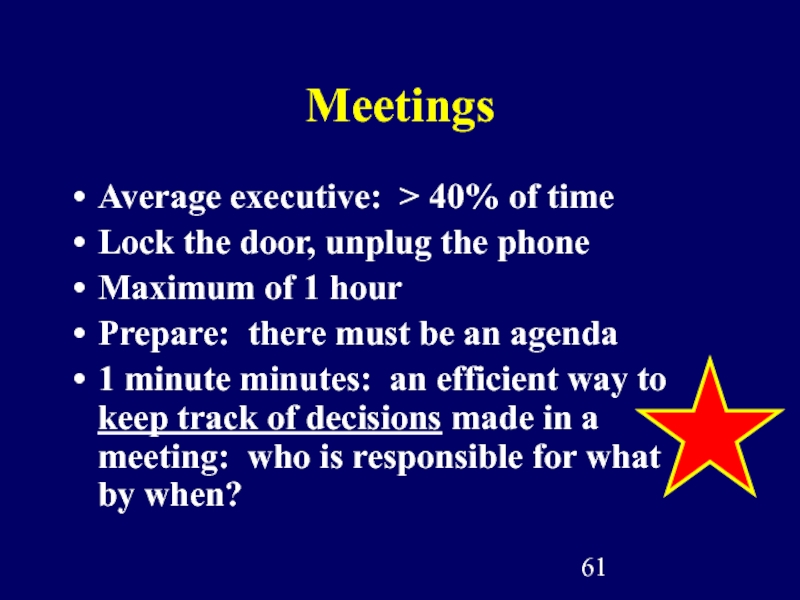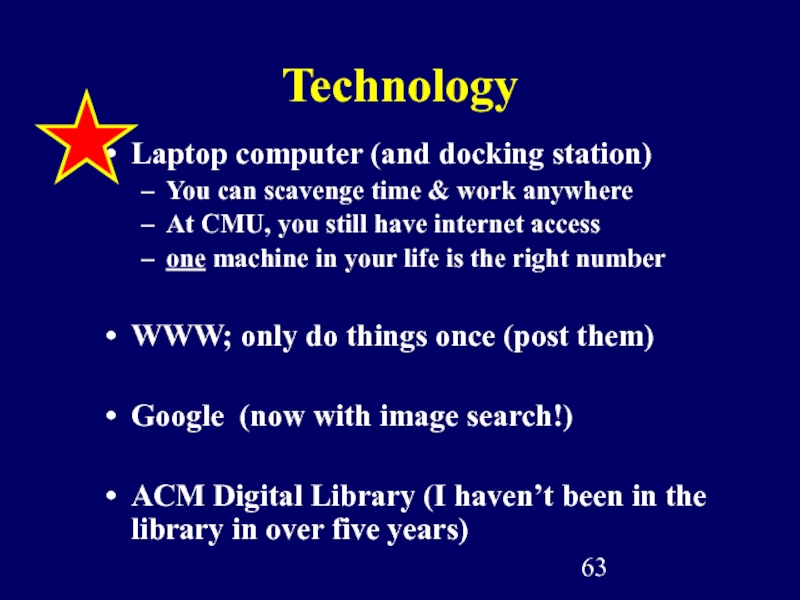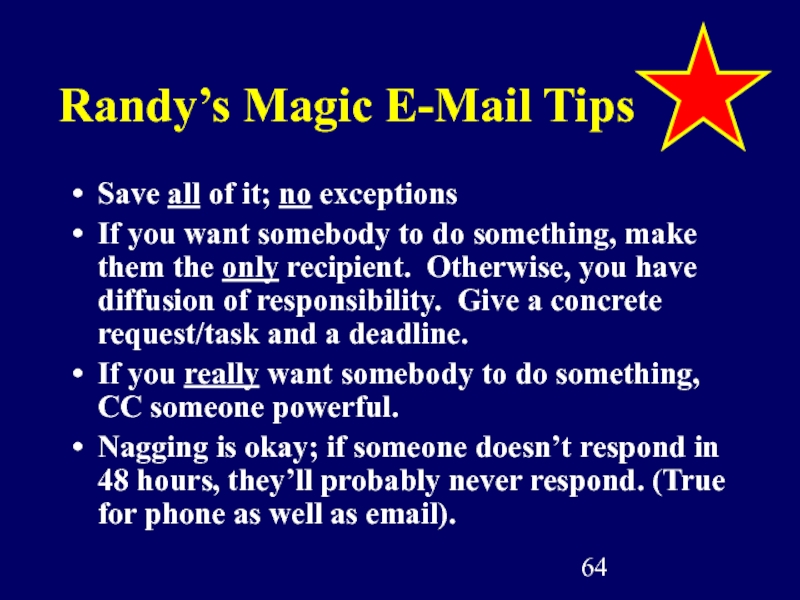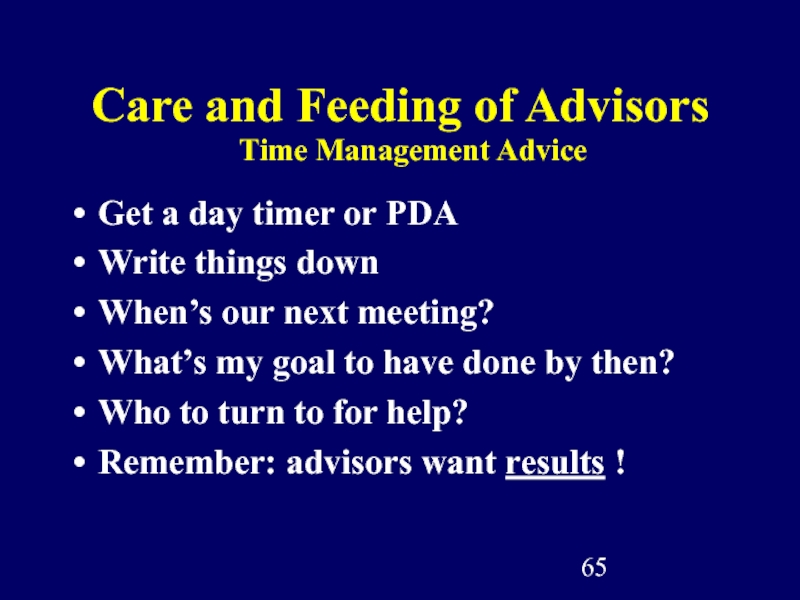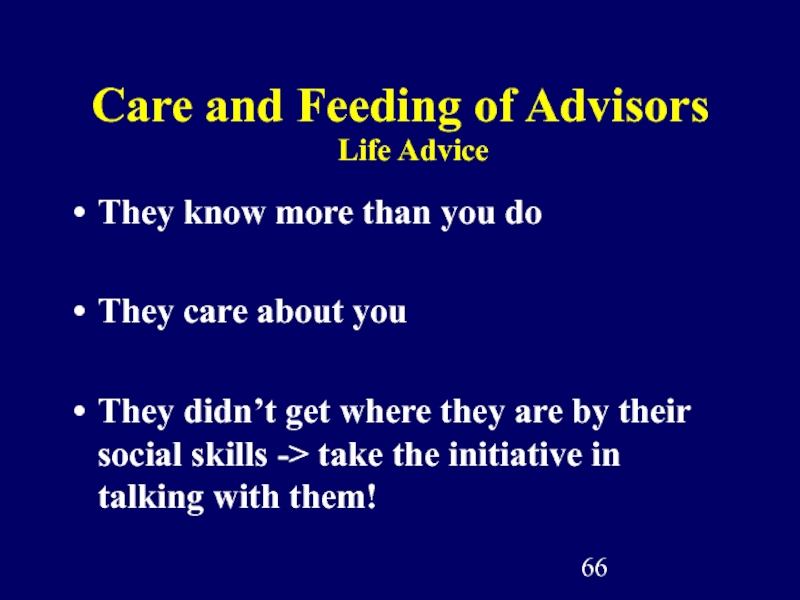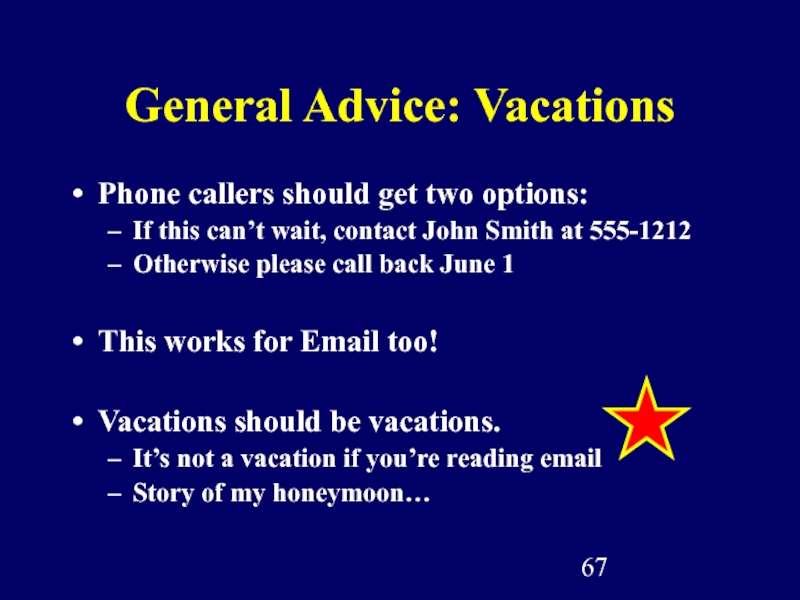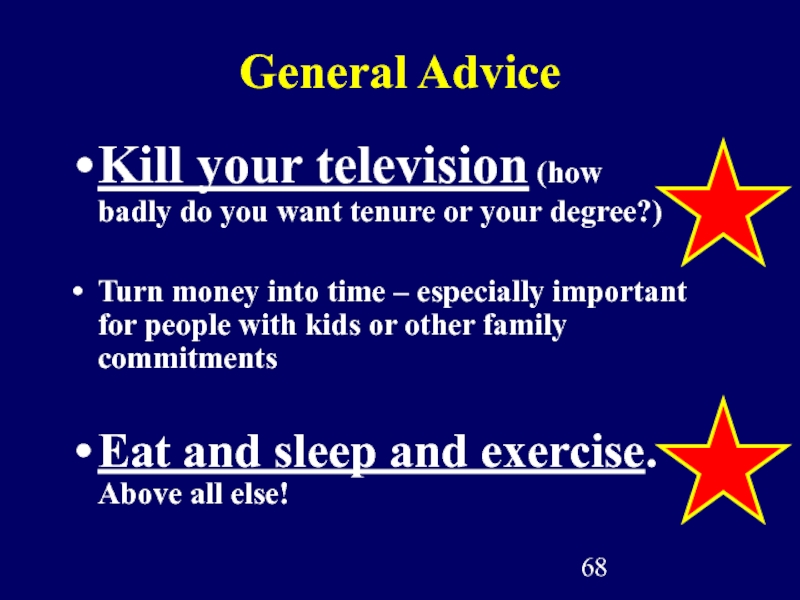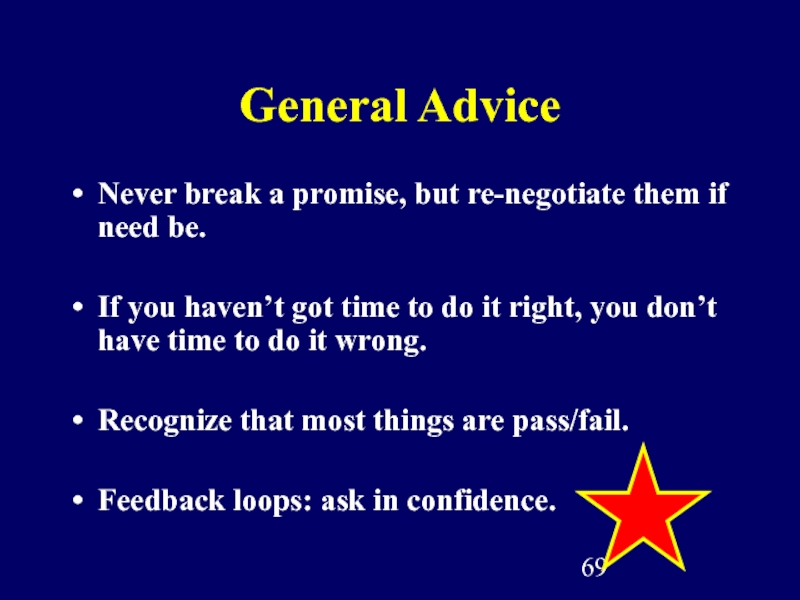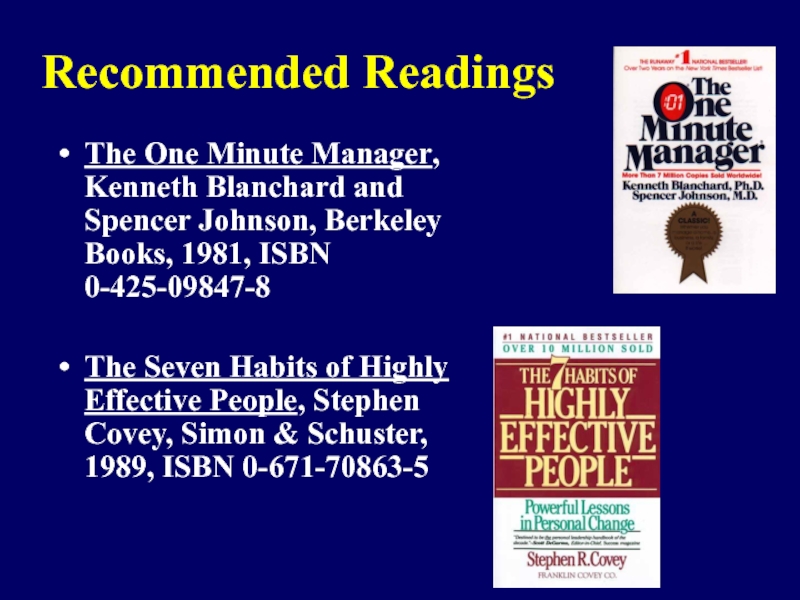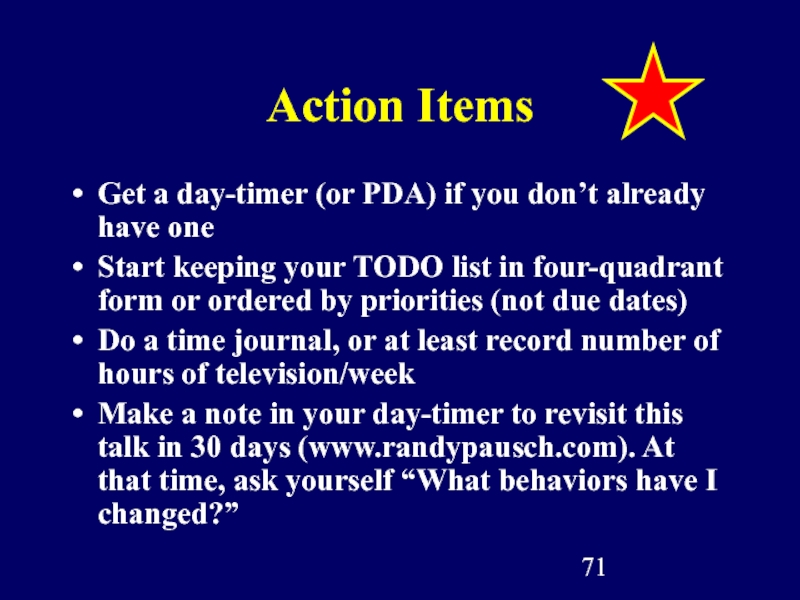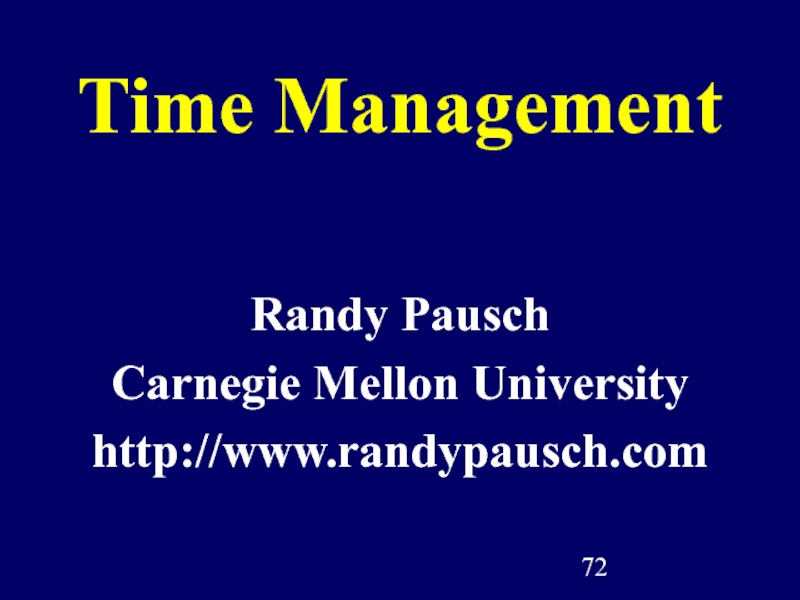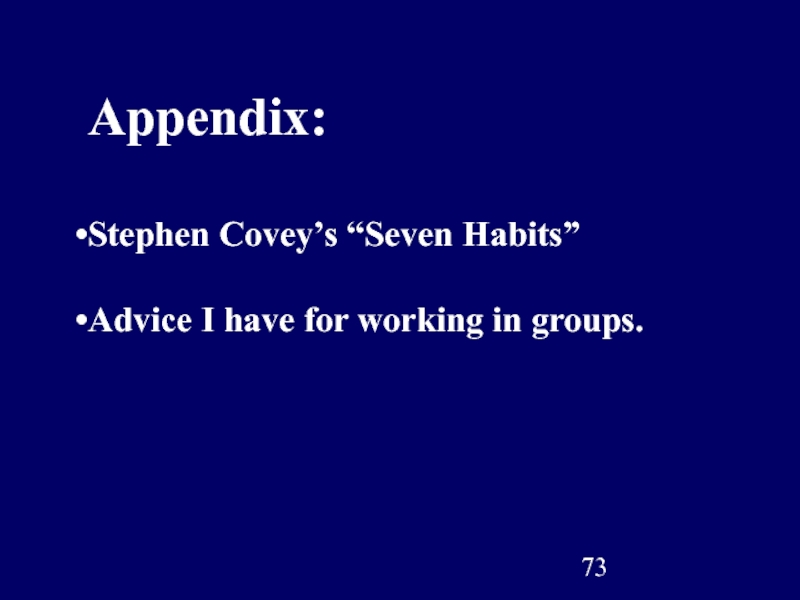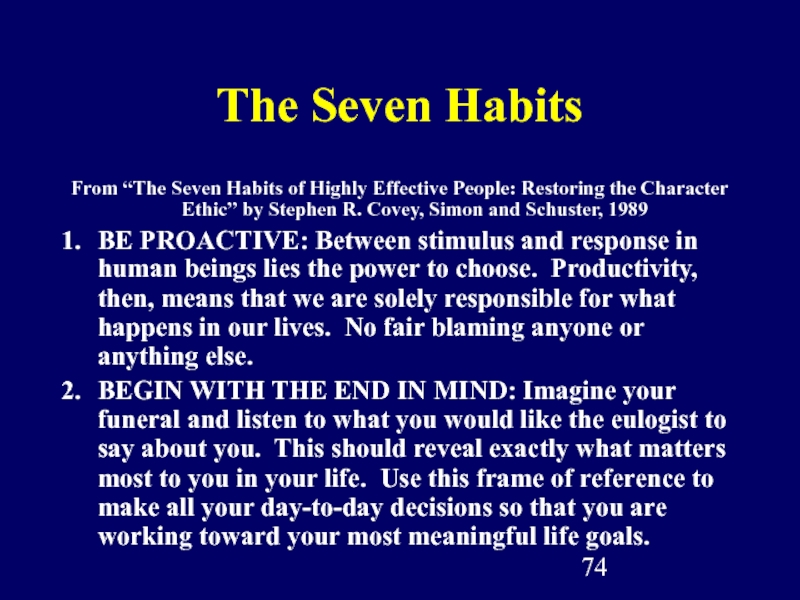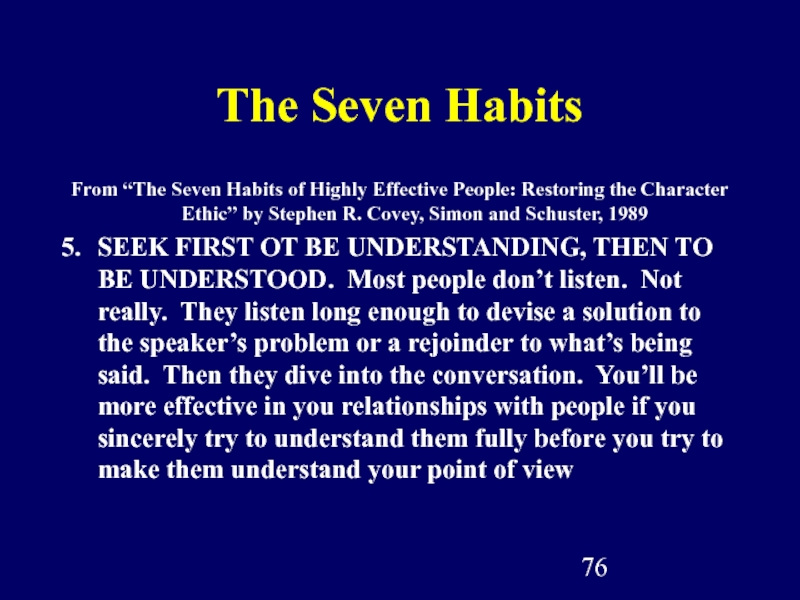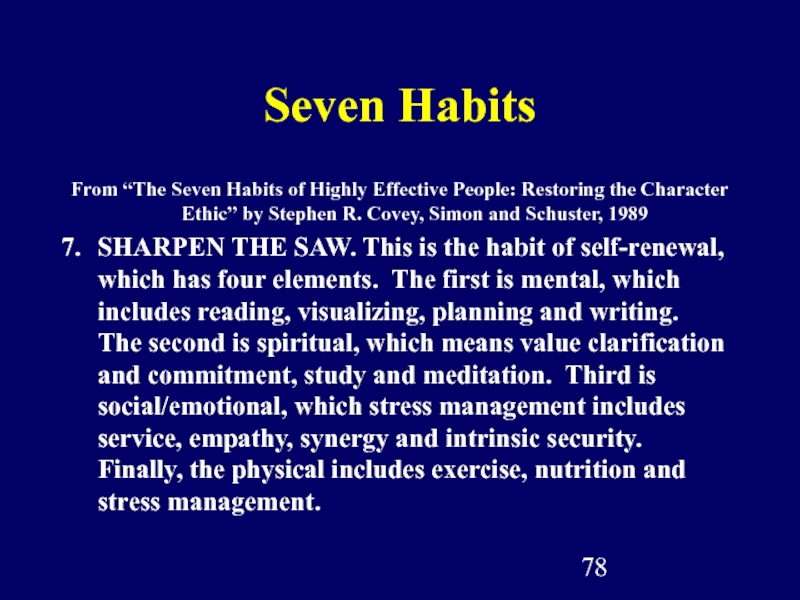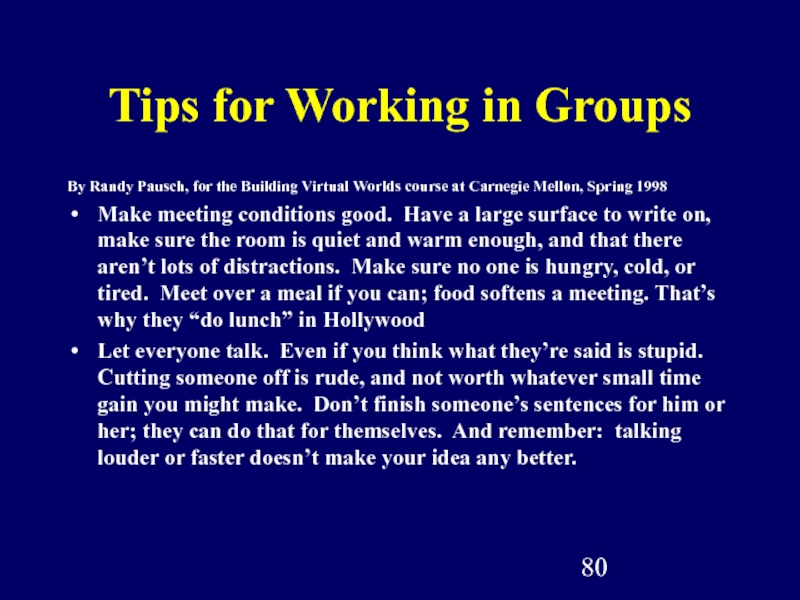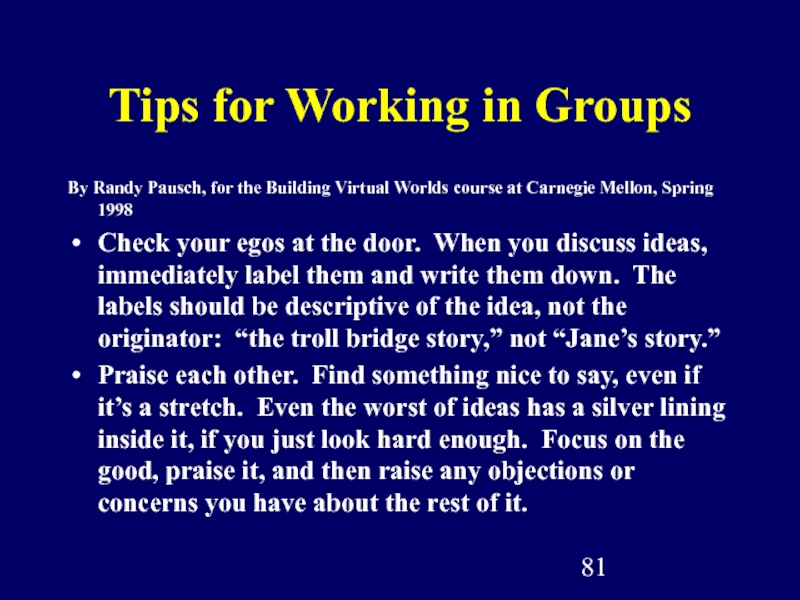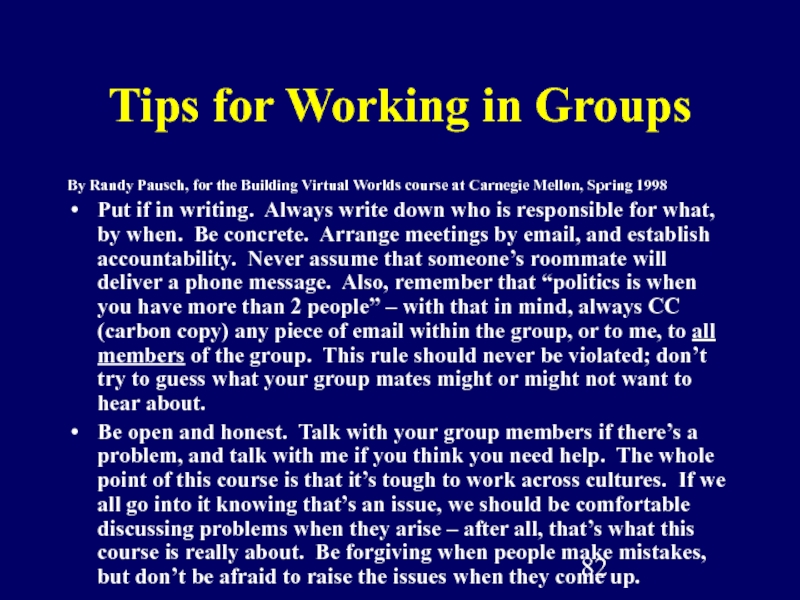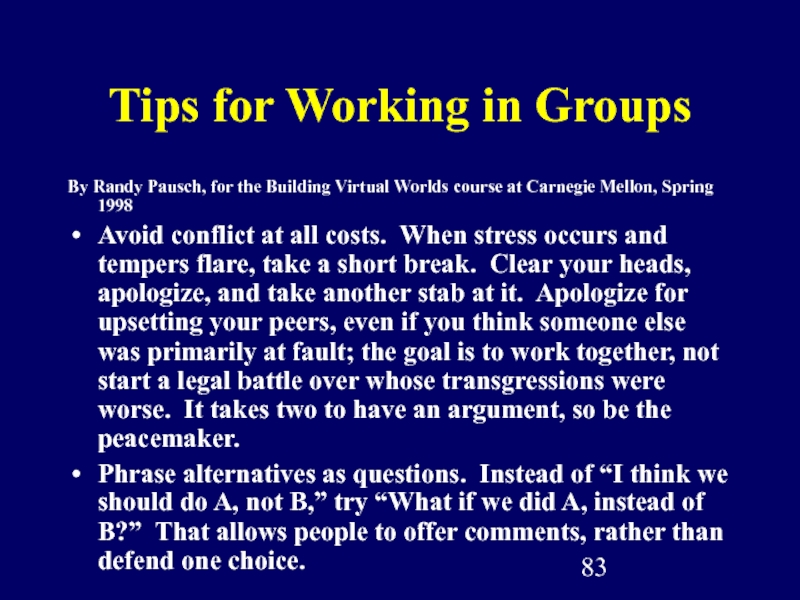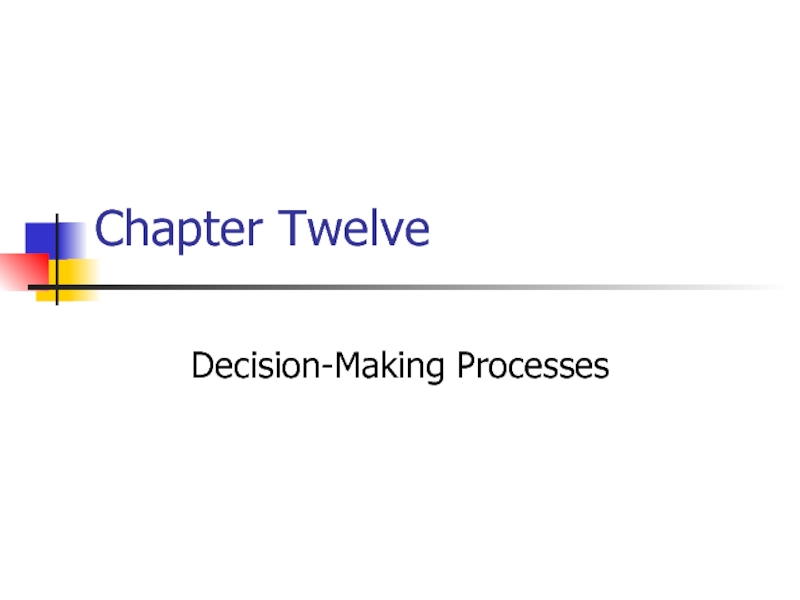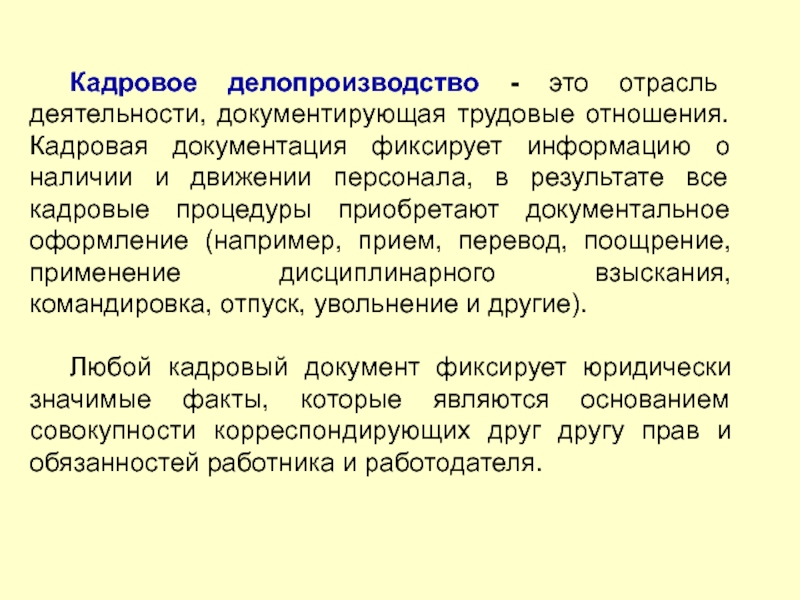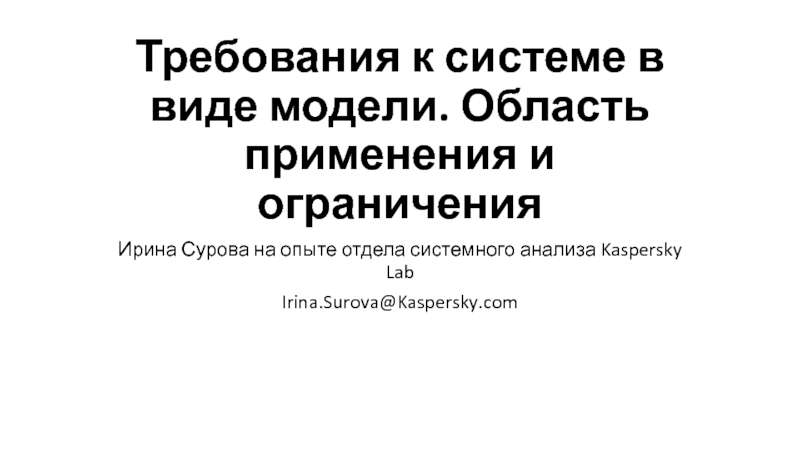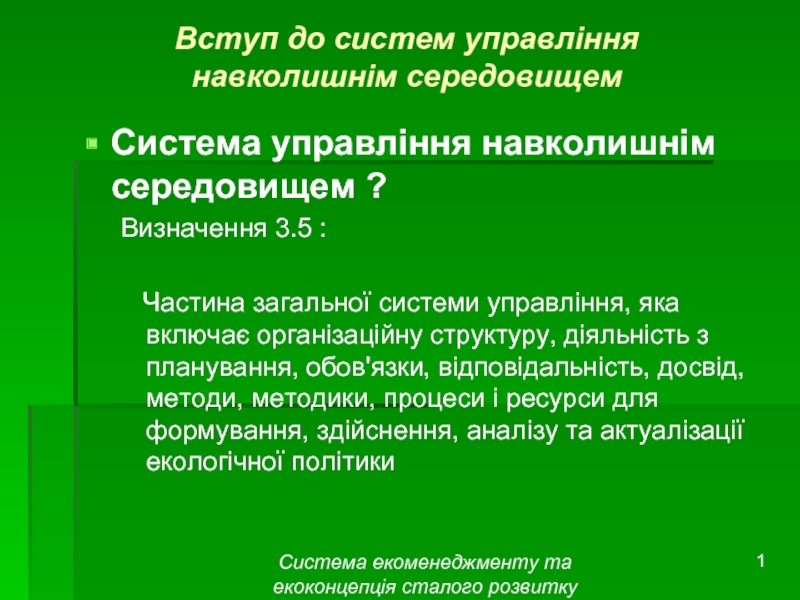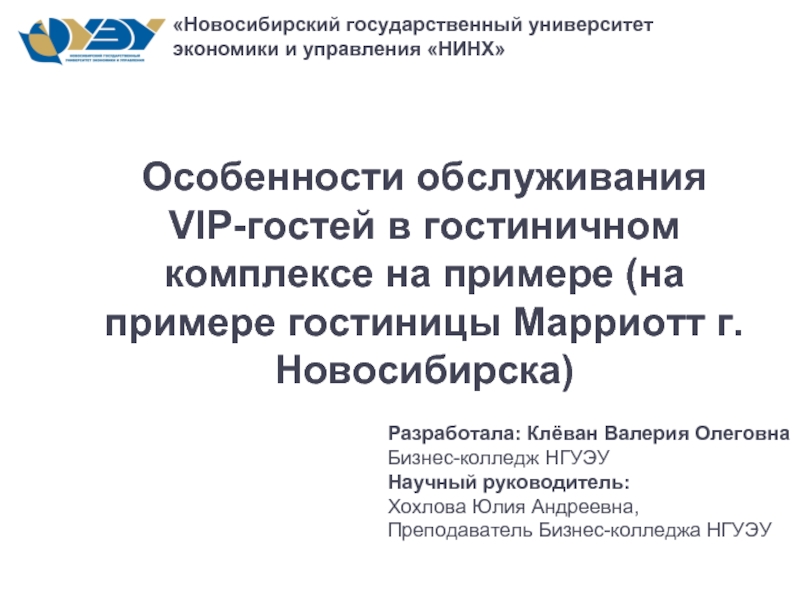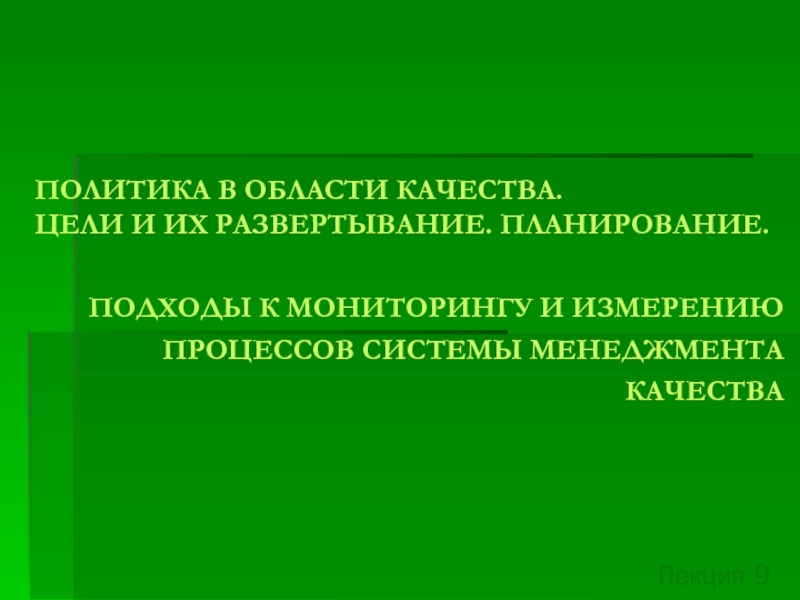- Главная
- Разное
- Дизайн
- Бизнес и предпринимательство
- Аналитика
- Образование
- Развлечения
- Красота и здоровье
- Финансы
- Государство
- Путешествия
- Спорт
- Недвижимость
- Армия
- Графика
- Культурология
- Еда и кулинария
- Лингвистика
- Английский язык
- Астрономия
- Алгебра
- Биология
- География
- Детские презентации
- Информатика
- История
- Литература
- Маркетинг
- Математика
- Медицина
- Менеджмент
- Музыка
- МХК
- Немецкий язык
- ОБЖ
- Обществознание
- Окружающий мир
- Педагогика
- Русский язык
- Технология
- Физика
- Философия
- Химия
- Шаблоны, картинки для презентаций
- Экология
- Экономика
- Юриспруденция
Time management презентация
Содержание
- 1. Time management
- 2. At this talk you will learn to:
- 3. Remember that time is money Ben Franklin, 1748 Advice to a young tradesman
- 4. Introduction Time must be explicitly managed, just
- 5. Outline Why is Time Management Important? Goals,
- 6. One Good Thief is Worth Ten Good
- 7. Why Time Management is Important “The Time
- 8. The Problem is Severe By some estimates,
- 9. Hear me Now, Believe me Later Being
- 10. Goals, Priorities, and Planning Why am I
- 11. The 80/20 Rule Critical few and the
- 12. Inspiration “If you can dream it, you
- 13. Planning Failing to plan is planning to
- 14. TO Do Lists Break things down into
- 15. The four-quadrant TO DO List Important
- 17. Paperwork Clutter is death; it leads to
- 18. My Desk
- 26. Speaker phone: hands are free to do
- 27. Telephone Keep calls short; stand during call
- 28. Telephone When done, get off: “I have
- 37. Reading Pile Only read something if you’ll
- 38. Office Logistics Make your office comfortable for
- 39. Scheduling Yourself You don’t find time for
- 40. Learn to say “No” Will this help
- 41. Gentle No’s “I’ll do it if nobody
- 42. Everyone has Good and Bad Times Find
- 43. Interruptions 6-9 minutes, 4-5 minute recovery –
- 44. Cutting Things Short “I’m in the middle
- 45. Time Journals It’s amazing what you learn!
- 48. Fred Brooks’ Time Clocks
- 51. Using Time Journal Data What am I
- 52. Procrastination “Procrastination is the thief of time” Edward Young Night Thoughts, 1742
- 53. Balancing Act “Work expands so as to
- 54. Avoiding Procrastination Doing things at the last
- 55. Comfort Zones Identify why you aren’t enthusiastic
- 56. Quit Making Excuses…
- 57. Delegation No one is an island
- 58. Delegation is not dumping Grant authority with
- 59. Challenge People People rise to the challenge:
- 60. Sociology Beware upward delegation! Reinforce behavior
- 61. Meetings Average executive: > 40% of time
- 62. Technology “Computers are faster but they take
- 63. Technology Laptop computer (and docking station) You
- 64. Randy’s Magic E-Mail Tips Save all of
- 65. Care and Feeding of Advisors Get a
- 66. Care and Feeding of Advisors They know
- 67. General Advice: Vacations Phone callers should get
- 68. General Advice Kill your television (how badly
- 69. General Advice Never break a promise, but
- 70. Recommended Readings The One Minute Manager, Kenneth
- 71. Action Items Get a day-timer (or PDA)
- 72. Time Management Randy Pausch Carnegie Mellon University http://www.randypausch.com
- 73. Appendix: Stephen Covey’s “Seven Habits” Advice I have for working in groups.
- 74. The Seven Habits From “The Seven Habits
- 75. The Seven Habits From “The Seven Habits
- 76. The Seven Habits From “The Seven Habits
- 77. Seven Habits From “The Seven Habits of
- 78. Seven Habits From “The Seven Habits of
- 79. Tips for Working in Groups By Randy
- 80. Tips for Working in Groups By Randy
- 81. Tips for Working in Groups By Randy
- 82. Tips for Working in Groups By Randy
- 83. Tips for Working in Groups By Randy
Слайд 2At this talk you will learn to:
Clarify your goals and achieve
Handle people and projects that waste your time
Be involved in better delegation
Work more efficiently with your boss/advisor
Learn specific skills and tools to save you time
Overcome stress and procrastination
= really important point
Слайд 4Introduction
Time must be explicitly managed, just like money
Much of this won’t
Faculty vs. Grad Students vs. Undergrads
Lightning pace, heavy on techniques
Слайд 5Outline
Why is Time Management Important?
Goals, Priorities, and Planning
TO DO Lists
Desks, paperwork,
Scheduling Yourself
Delegation
Meetings
Technology
General Advice
Слайд 6One Good Thief is Worth Ten Good Scholars:
Time Management for Teachers,
Career Track Seminar: Taking control of Your Work Day 1990
Слайд 7Why Time Management is Important
“The Time Famine”
Bad time management = stress
This
Слайд 8The Problem is Severe
By some estimates, people waste about 2 hours
Messy desk and cluttered (or no) files
Can’t find things
Miss appointments, need to reschedule them late and/or unprepared for meetings
Volunteer to do things other people should do
Tired/unable to concentrate
Слайд 9Hear me Now, Believe me Later
Being successful doesn’t make you manage
Managing your time well makes you successful.
Слайд 10Goals, Priorities, and Planning
Why am I doing this?
What is the goal?
Why
What happens if I chose not to do it?
Слайд 11The 80/20 Rule
Critical few and the trivial many
Having the courage of
Good judgment comes from experience
Experiences comes from bad judgment
Слайд 12Inspiration
“If you can dream it, you can do it”
Walt Disney
Disneyland was
Слайд 13Planning
Failing to plan is planning to fail
Plan Each Day, Each Week,
You can always change your plan, but only once you have one!
Слайд 14TO Do Lists
Break things down into small steps
Like a child cleaning
Do the ugliest thing first
Слайд 17Paperwork
Clutter is death; it leads to thrashing. Keep desk clear: focus
A good file system is essential
Touch each piece of paper once
Touch each piece of email once; your inbox is not your TODO list
Слайд 27Telephone
Keep calls short; stand during call
Start by announcing goals for the
Don’t put your feet up
Have something in view that you’re waiting to get to next
Слайд 28Telephone
When done, get off: “I have students waiting”
If necessary, hang up
Group outgoing calls: just before lunch and 5pm
Слайд 37Reading Pile
Only read something if you’ll be fired for not reading
Note that this refers to periodicals and routine reading, which is different than a research dig
Слайд 38Office Logistics
Make your office comfortable for you, and optionally comfortable for
No soft comfortable chairs! I have folding chairs, some people cut off front legs
Слайд 39Scheduling Yourself
You don’t find time for important things, you make it
Everything
Learn to say “No”
Слайд 40Learn to say “No”
Will this help me get tenure?
Will this help
Will this help me get my Ph.D?
Keep “help me” broadly defined
Слайд 41Gentle No’s
“I’ll do it if nobody else steps forward” or “I’ll
Moving parties in grad school…
Слайд 42Everyone has Good and Bad Times
Find your creative/thinking time. Defend it
Find your dead time. Schedule meetings, phone calls, and mundane stuff during it.
Слайд 43Interruptions
6-9 minutes, 4-5 minute recovery – five interruptions shoots an hour
You
Blurting: save-ups
E-mail noise on new mail is an interruption -> TURN IT OFF!!
Слайд 44Cutting Things Short
“I’m in the middle of something now…”
Start with “I
Stand up, stroll to the door, complement, thank, shake hands
Clock-watching; on wall behind them
Слайд 45Time Journals
It’s amazing what you learn!
Monitor yourself in 15 minute increments
Update every ½ hour: not at end of day
Слайд 51Using Time Journal Data
What am I doing that doesn’t really need
What am I doing that could be done by someone else?
What am I doing that could be done more efficiently?
What do I do that wastes others’ time?
Слайд 53Balancing Act
“Work expands so as to fill the time available for
Parkinson’s Law
Cyril Parkinson, 1957
Слайд 54Avoiding Procrastination
Doing things at the last minute is much more expensive
Deadlines are really important: establish them yourself!
Слайд 55Comfort Zones
Identify why you aren’t enthusiastic
Fear of embarrassment
Fear of failure?
Get a
Слайд 57Delegation
No one is an island
You can accomplish a lot more with
Most delegation in your life is from faculty to graduate student
Слайд 58Delegation is not dumping
Grant authority with responsibility.
Concrete goal, deadline, and
Treat your people well
Grad students and secretaries are a faculty member’s lifeline; they should be treated well!
Слайд 59Challenge People
People rise to the challenge: You should delegate “until they
Communication Must Be Clear: “Get it in writing” – Judge Wapner
Give objectives, not procedures
Tell the relative importance of this task
Слайд 60Sociology
Beware upward delegation!
Reinforce behavior you want repeated
Ignorance is your friend –
Слайд 61Meetings
Average executive: > 40% of time
Lock the door, unplug the phone
Maximum
Prepare: there must be an agenda
1 minute minutes: an efficient way to keep track of decisions made in a meeting: who is responsible for what by when?
Слайд 62Technology
“Computers are faster but they take longer” --Janitor, UCF
Secretaries are better
Слайд 63Technology
Laptop computer (and docking station)
You can scavenge time & work anywhere
At
one machine in your life is the right number
WWW; only do things once (post them)
Google (now with image search!)
ACM Digital Library (I haven’t been in the library in over five years)
Слайд 64Randy’s Magic E-Mail Tips
Save all of it; no exceptions
If you want
If you really want somebody to do something, CC someone powerful.
Nagging is okay; if someone doesn’t respond in 48 hours, they’ll probably never respond. (True for phone as well as email).
Слайд 65Care and Feeding of Advisors
Get a day timer or PDA
Write things
When’s our next meeting?
What’s my goal to have done by then?
Who to turn to for help?
Remember: advisors want results !
Time Management Advice
Слайд 66Care and Feeding of Advisors
They know more than you do
They care
They didn’t get where they are by their social skills -> take the initiative in talking with them!
Life Advice
Слайд 67General Advice: Vacations
Phone callers should get two options:
If this can’t wait,
Otherwise please call back June 1
This works for Email too!
Vacations should be vacations.
It’s not a vacation if you’re reading email
Story of my honeymoon…
Слайд 68General Advice
Kill your television (how
badly do you want tenure or your
Turn money into time – especially important for people with kids or other family commitments
Eat and sleep and exercise. Above all else!
Слайд 69General Advice
Never break a promise, but re-negotiate them if need be.
If
Recognize that most things are pass/fail.
Feedback loops: ask in confidence.
Слайд 70Recommended Readings
The One Minute Manager, Kenneth Blanchard and Spencer Johnson, Berkeley
The Seven Habits of Highly Effective People, Stephen Covey, Simon & Schuster, 1989, ISBN 0-671-70863-5
Слайд 71Action Items
Get a day-timer (or PDA) if you don’t already have
Start keeping your TODO list in four-quadrant form or ordered by priorities (not due dates)
Do a time journal, or at least record number of hours of television/week
Make a note in your day-timer to revisit this talk in 30 days (www.randypausch.com). At that time, ask yourself “What behaviors have I changed?”
Слайд 74The Seven Habits
From “The Seven Habits of Highly Effective People: Restoring
BE PROACTIVE: Between stimulus and response in human beings lies the power to choose. Productivity, then, means that we are solely responsible for what happens in our lives. No fair blaming anyone or anything else.
BEGIN WITH THE END IN MIND: Imagine your funeral and listen to what you would like the eulogist to say about you. This should reveal exactly what matters most to you in your life. Use this frame of reference to make all your day-to-day decisions so that you are working toward your most meaningful life goals.
Слайд 75The Seven Habits
From “The Seven Habits of Highly Effective People: Restoring
PUT FIRST THINGS FIRST. To manage our lives effectively, we must keep our mission in mind, understand what’s important as well as urgent, and maintain a balance between what we produce each day and our ability to produce in the future. Think of the former as putting out fires and the latter as personal development.
THINK WIN/WIN. Agreements or solutions among people can be mutually beneficial if all parties cooperate and begin with a belief in the “third alternative”: a better way that hasn’t been thought of yet.
Слайд 76The Seven Habits
From “The Seven Habits of Highly Effective People: Restoring
SEEK FIRST OT BE UNDERSTANDING, THEN TO BE UNDERSTOOD. Most people don’t listen. Not really. They listen long enough to devise a solution to the speaker’s problem or a rejoinder to what’s being said. Then they dive into the conversation. You’ll be more effective in you relationships with people if you sincerely try to understand them fully before you try to make them understand your point of view
Слайд 77Seven Habits
From “The Seven Habits of Highly Effective People: Restoring the
SYNERGIZE. Just what it sound like. The whole is greater than the sum of its parts. In practice, this means you must use “creative cooperation” in social interactions. Value differences because it is often the clash between them that leads to creative solutions.
Слайд 78Seven Habits
From “The Seven Habits of Highly Effective People: Restoring the
SHARPEN THE SAW. This is the habit of self-renewal, which has four elements. The first is mental, which includes reading, visualizing, planning and writing. The second is spiritual, which means value clarification and commitment, study and meditation. Third is social/emotional, which stress management includes service, empathy, synergy and intrinsic security. Finally, the physical includes exercise, nutrition and stress management.
Слайд 79Tips for Working in Groups
By Randy Pausch, for the Building Virtual
Meet people properly. It all starts with the introduction. Then, exchange contact information, and make sure you know how to pronounce everyone’s names. Exchange phone #s, and find out what hours are acceptable to call during.
Find things you have in common. You can almost always find something in common with another person, and starting from that baseline, it’s much easier to then address issues where you have difference. This is why cities like professional sports teams, which are socially galvanizing forces that cut across boundaries of race and wealth. If nothing else, you probably have in common things like the weather.
Слайд 80Tips for Working in Groups
By Randy Pausch, for the Building Virtual
Make meeting conditions good. Have a large surface to write on, make sure the room is quiet and warm enough, and that there aren’t lots of distractions. Make sure no one is hungry, cold, or tired. Meet over a meal if you can; food softens a meeting. That’s why they “do lunch” in Hollywood
Let everyone talk. Even if you think what they’re said is stupid. Cutting someone off is rude, and not worth whatever small time gain you might make. Don’t finish someone’s sentences for him or her; they can do that for themselves. And remember: talking louder or faster doesn’t make your idea any better.
Слайд 81Tips for Working in Groups
By Randy Pausch, for the Building Virtual
Check your egos at the door. When you discuss ideas, immediately label them and write them down. The labels should be descriptive of the idea, not the originator: “the troll bridge story,” not “Jane’s story.”
Praise each other. Find something nice to say, even if it’s a stretch. Even the worst of ideas has a silver lining inside it, if you just look hard enough. Focus on the good, praise it, and then raise any objections or concerns you have about the rest of it.
Слайд 82Tips for Working in Groups
By Randy Pausch, for the Building Virtual
Put if in writing. Always write down who is responsible for what, by when. Be concrete. Arrange meetings by email, and establish accountability. Never assume that someone’s roommate will deliver a phone message. Also, remember that “politics is when you have more than 2 people” – with that in mind, always CC (carbon copy) any piece of email within the group, or to me, to all members of the group. This rule should never be violated; don’t try to guess what your group mates might or might not want to hear about.
Be open and honest. Talk with your group members if there’s a problem, and talk with me if you think you need help. The whole point of this course is that it’s tough to work across cultures. If we all go into it knowing that’s an issue, we should be comfortable discussing problems when they arise – after all, that’s what this course is really about. Be forgiving when people make mistakes, but don’t be afraid to raise the issues when they come up.
Слайд 83Tips for Working in Groups
By Randy Pausch, for the Building Virtual
Avoid conflict at all costs. When stress occurs and tempers flare, take a short break. Clear your heads, apologize, and take another stab at it. Apologize for upsetting your peers, even if you think someone else was primarily at fault; the goal is to work together, not start a legal battle over whose transgressions were worse. It takes two to have an argument, so be the peacemaker.
Phrase alternatives as questions. Instead of “I think we should do A, not B,” try “What if we did A, instead of B?” That allows people to offer comments, rather than defend one choice.
